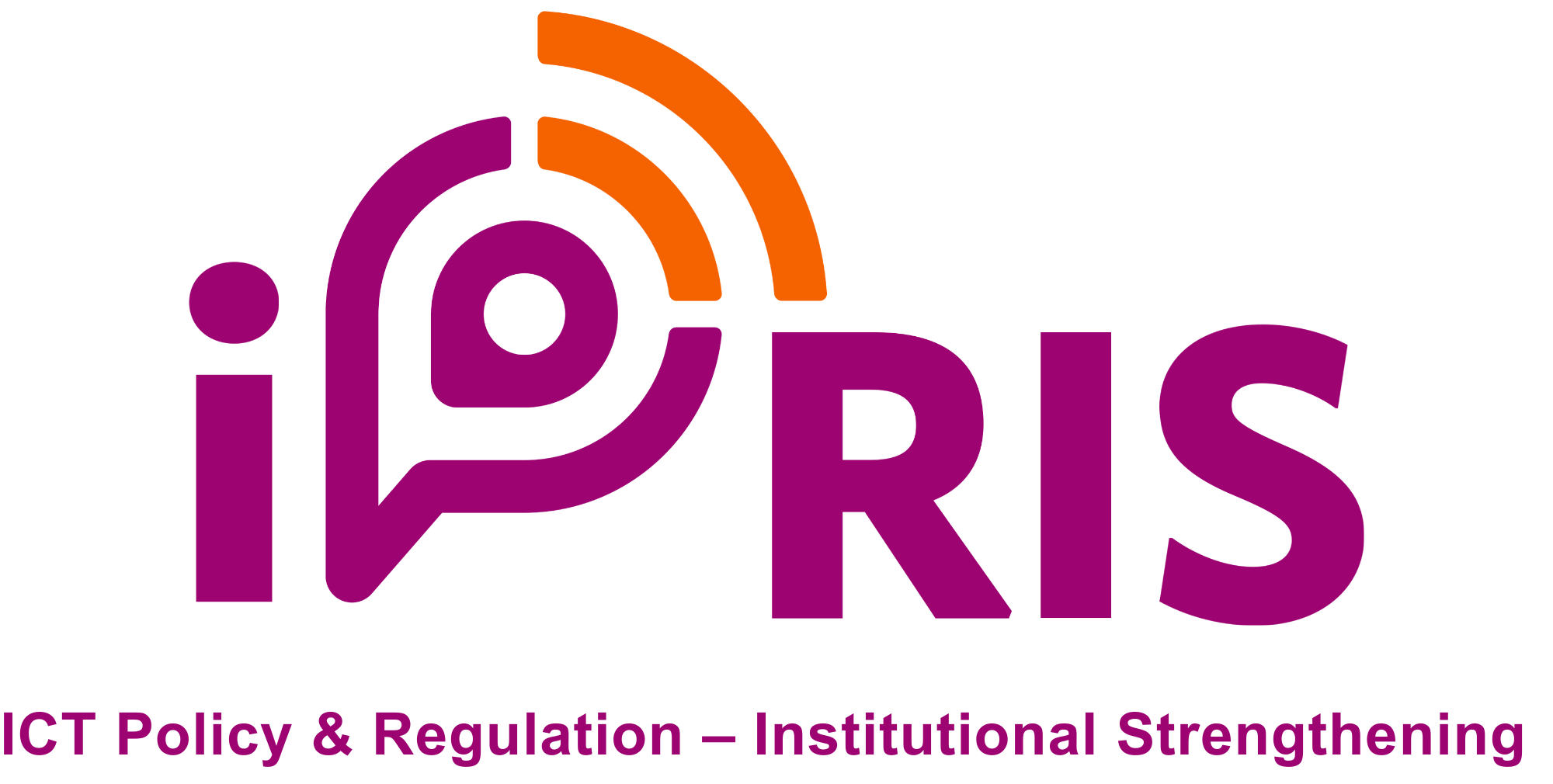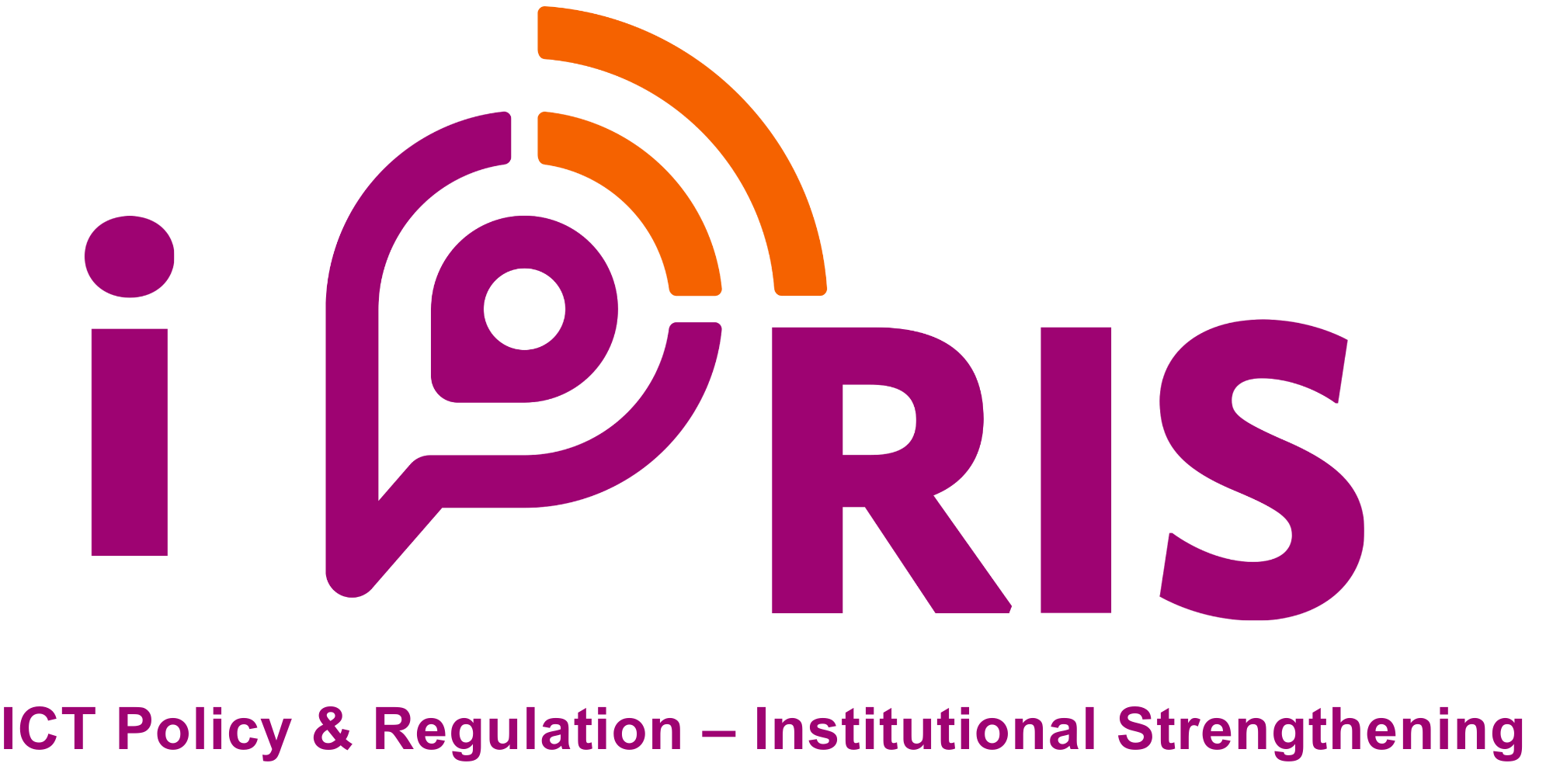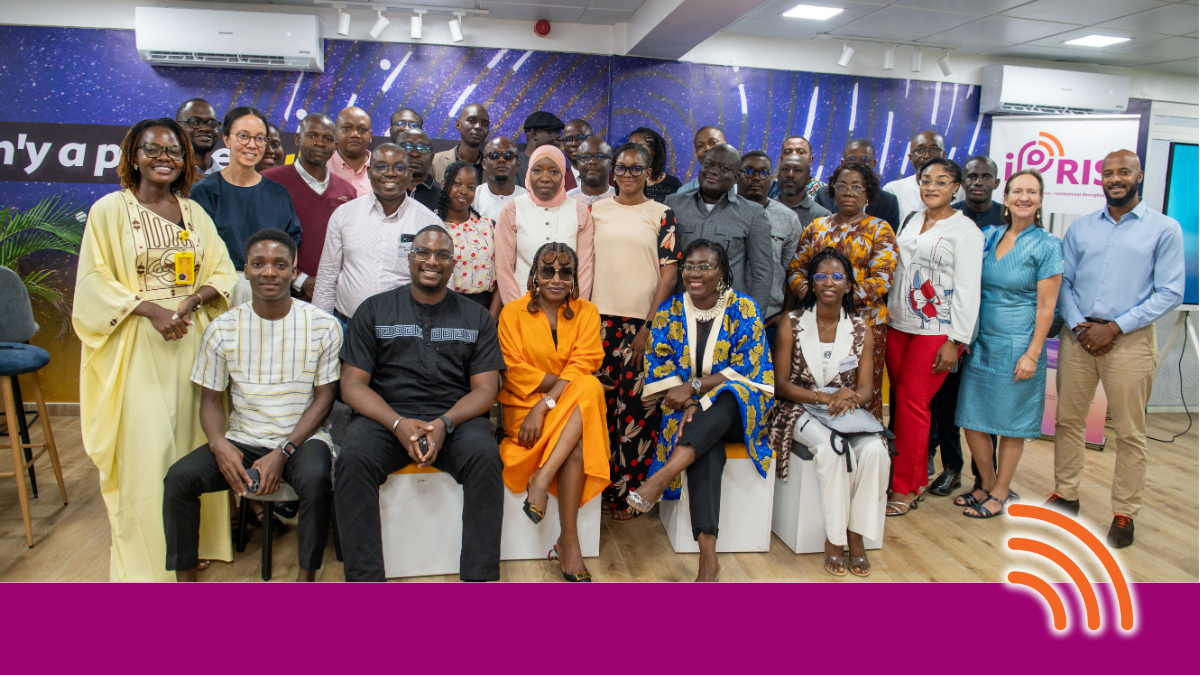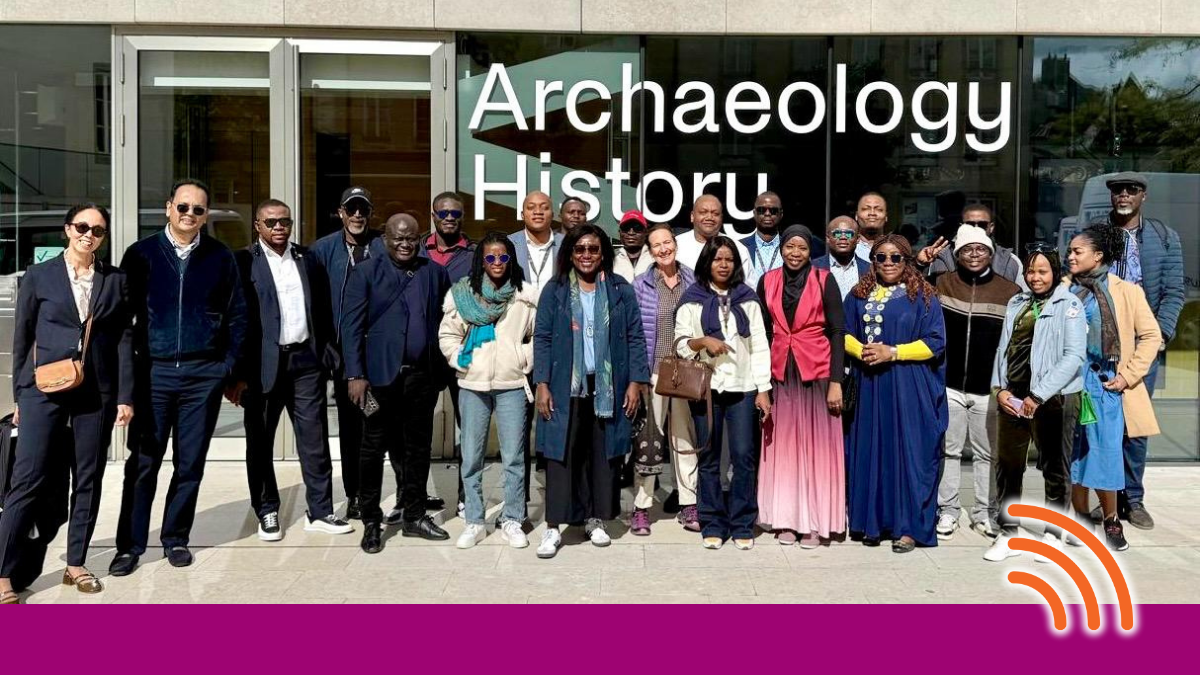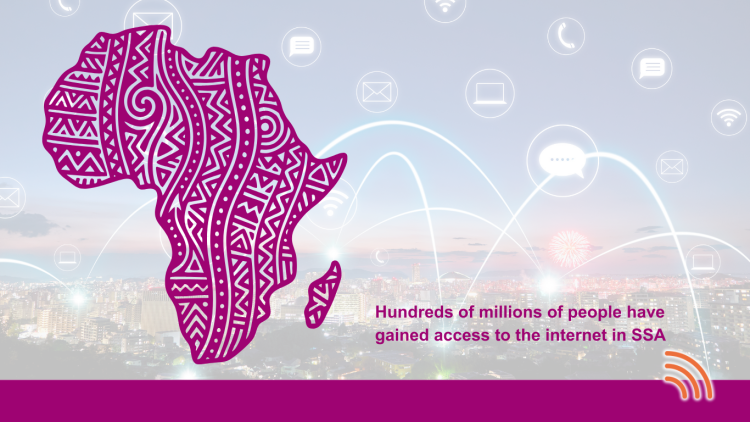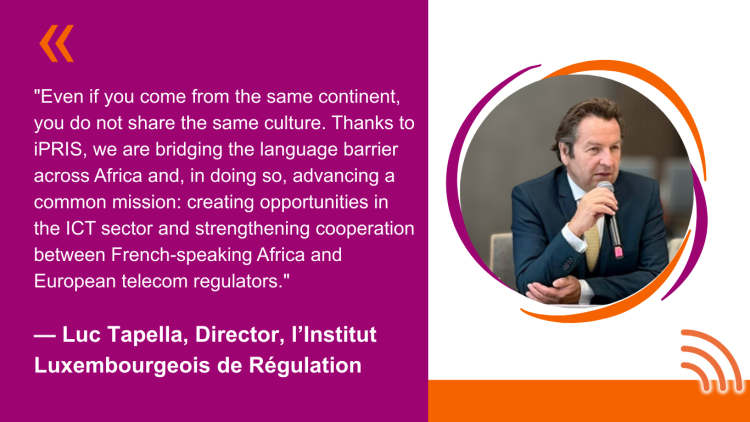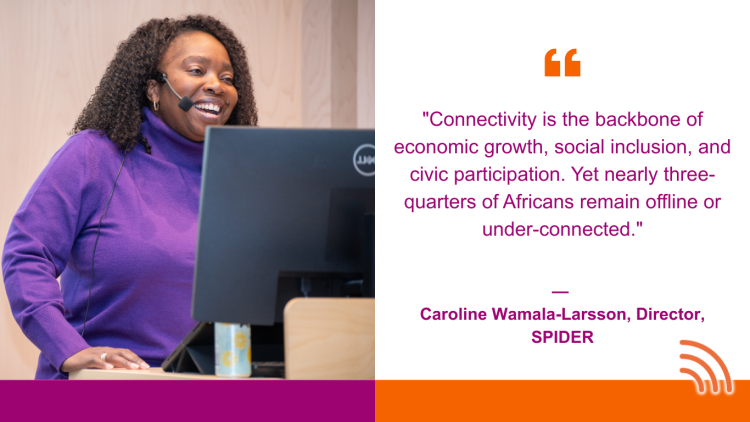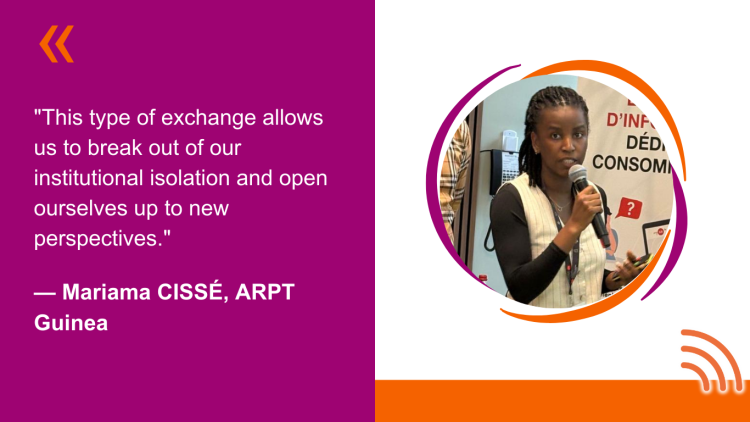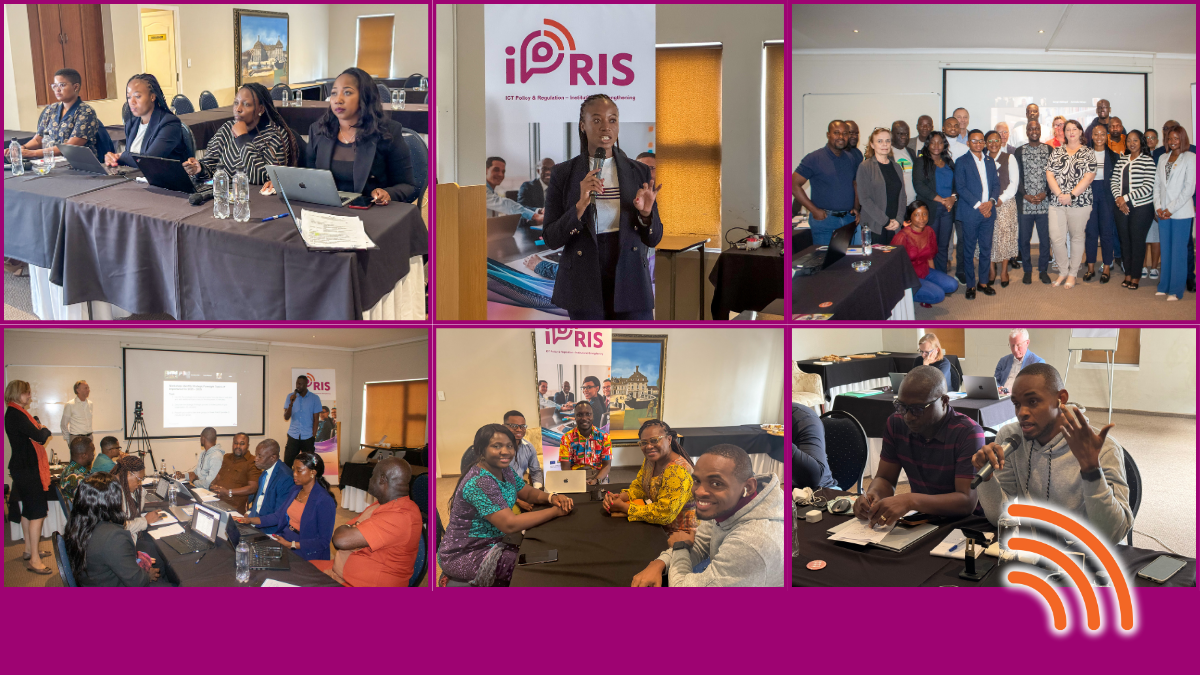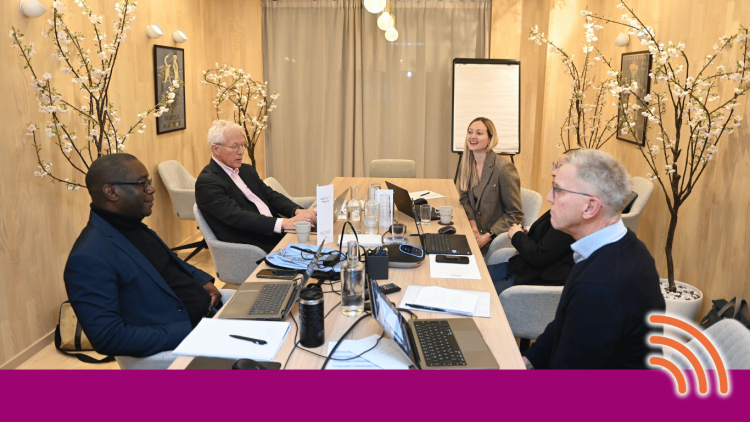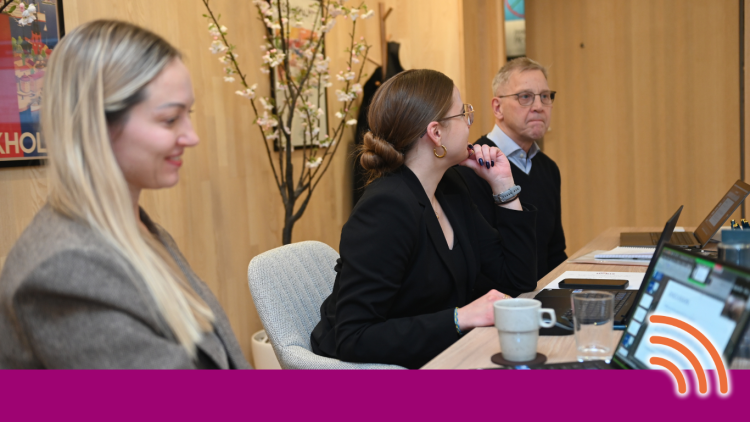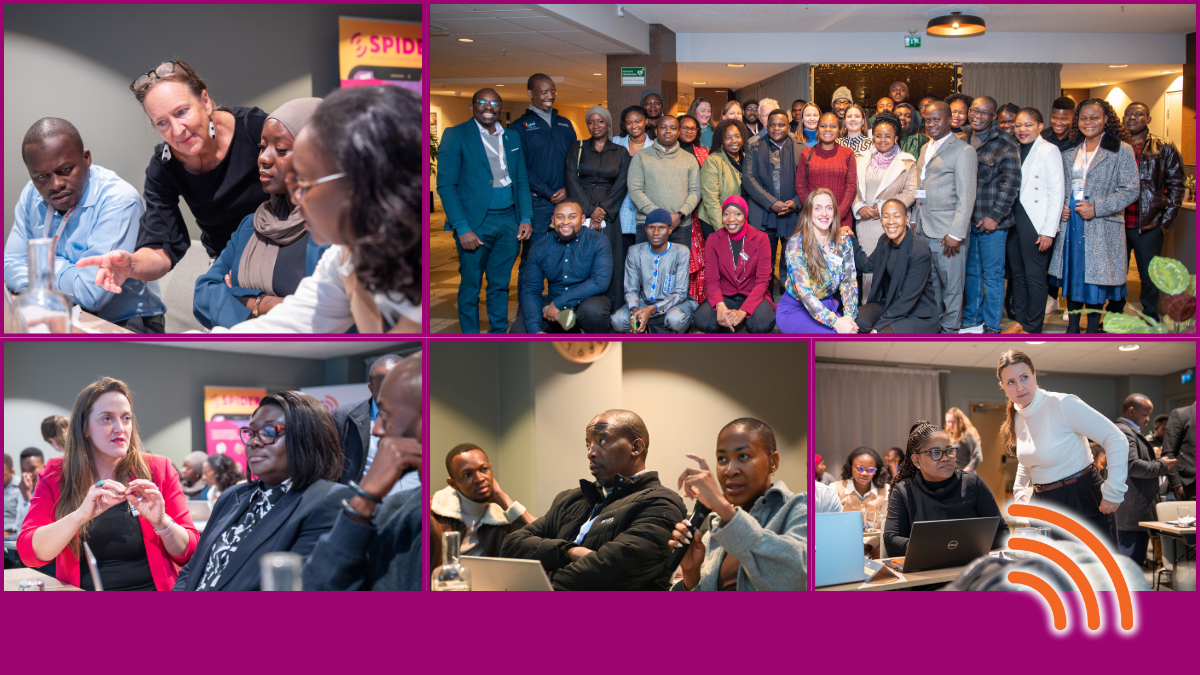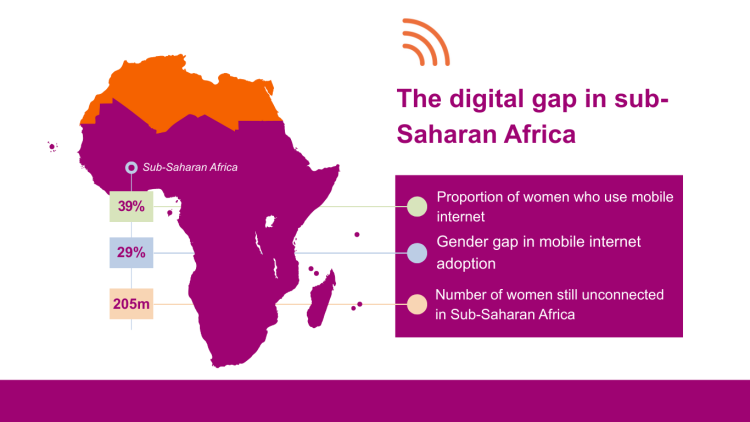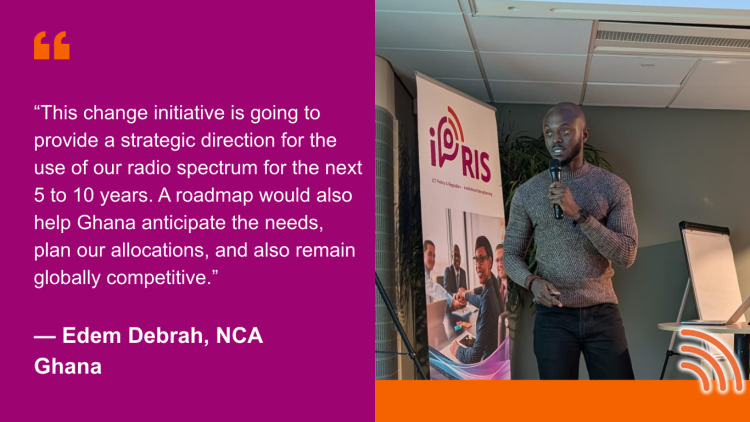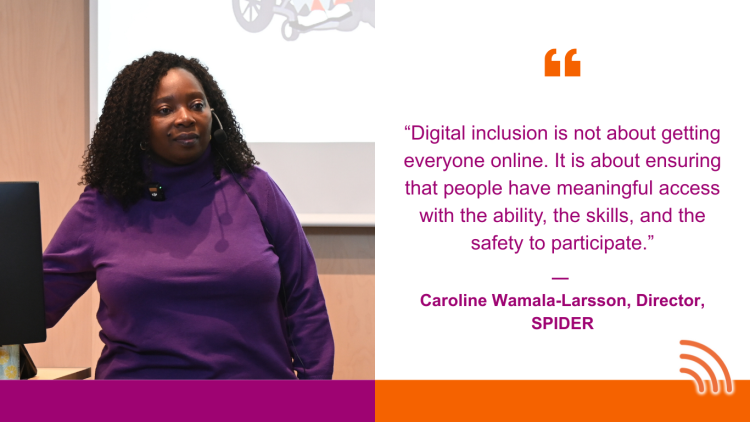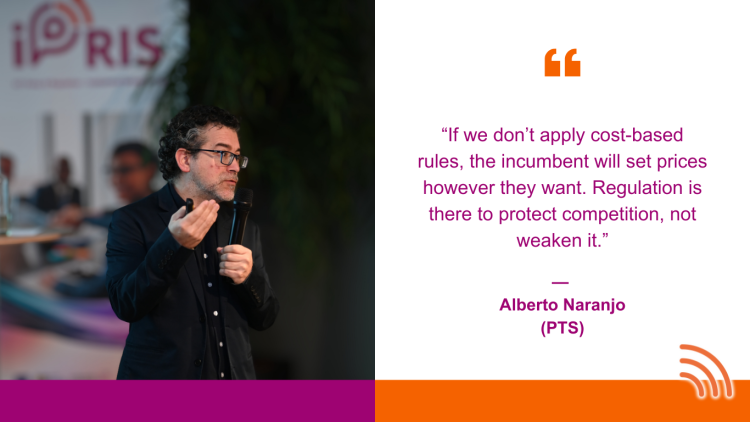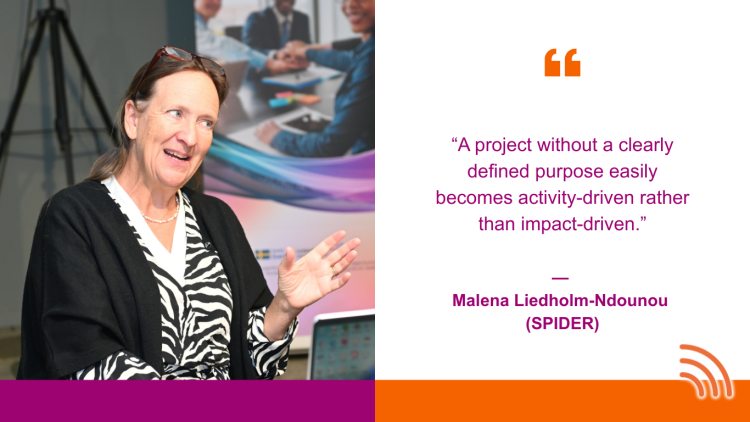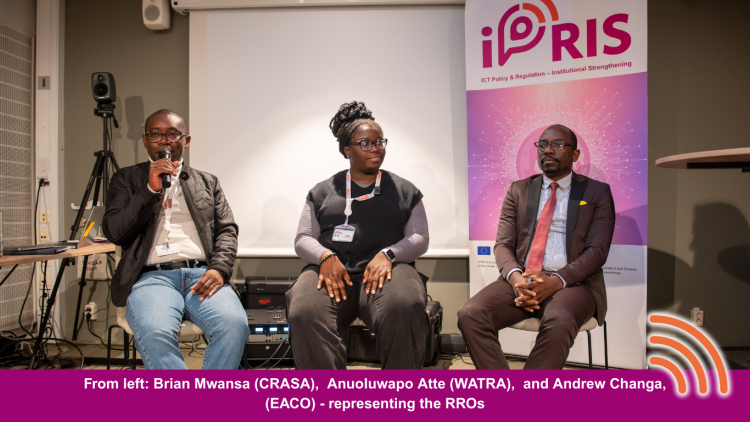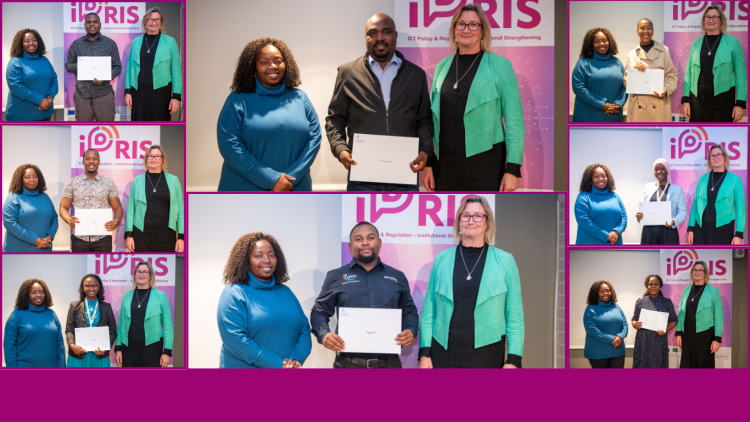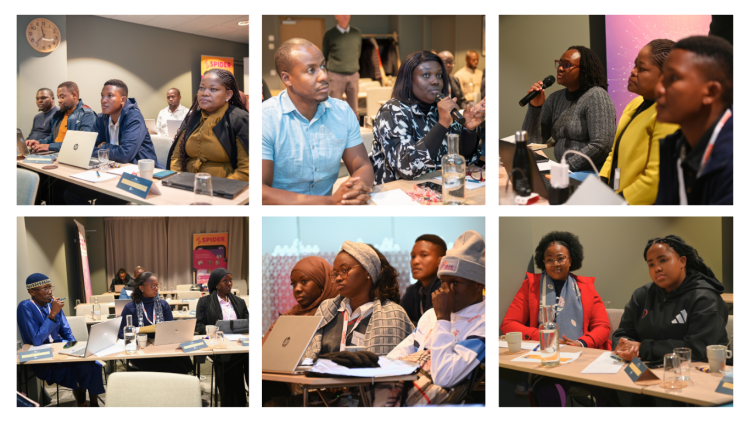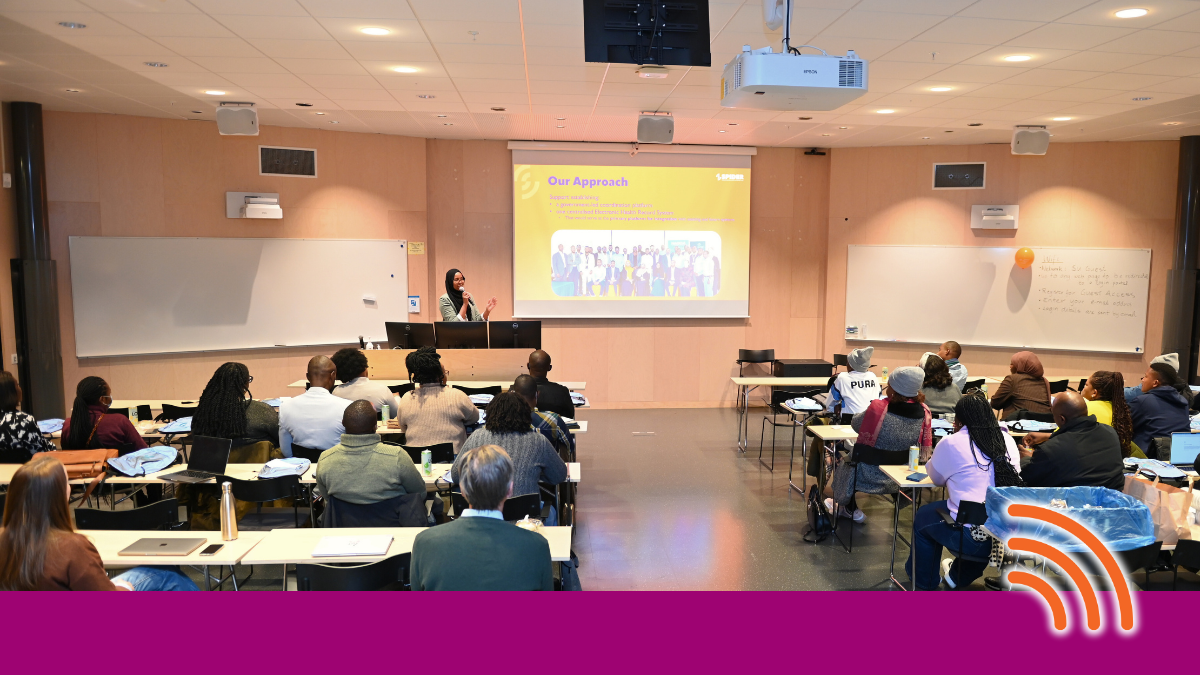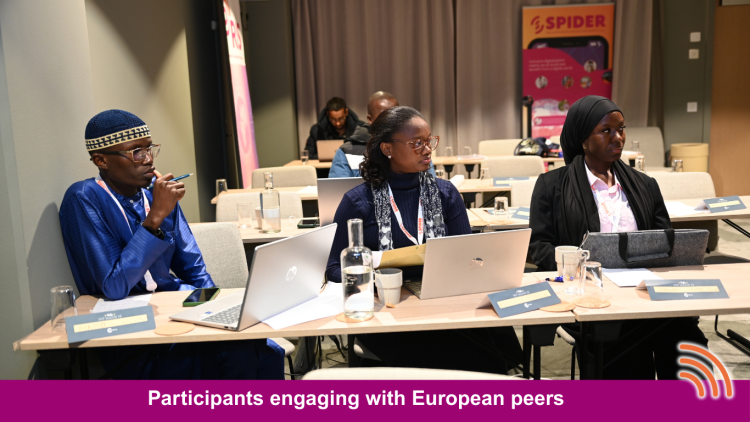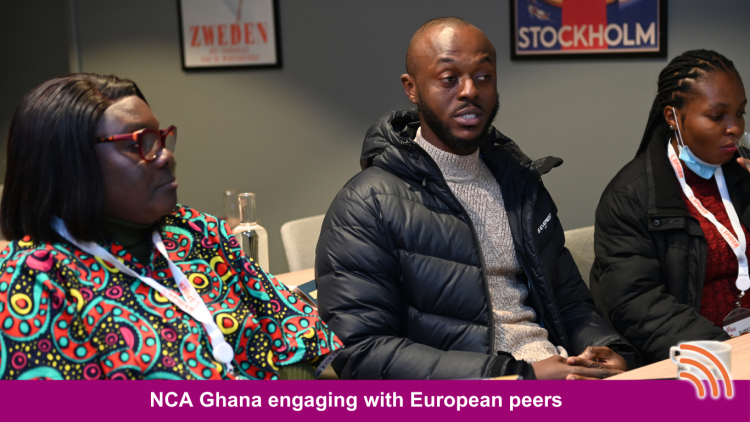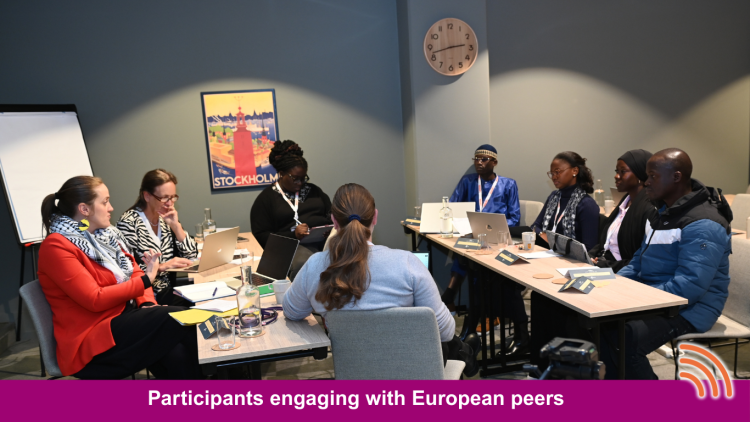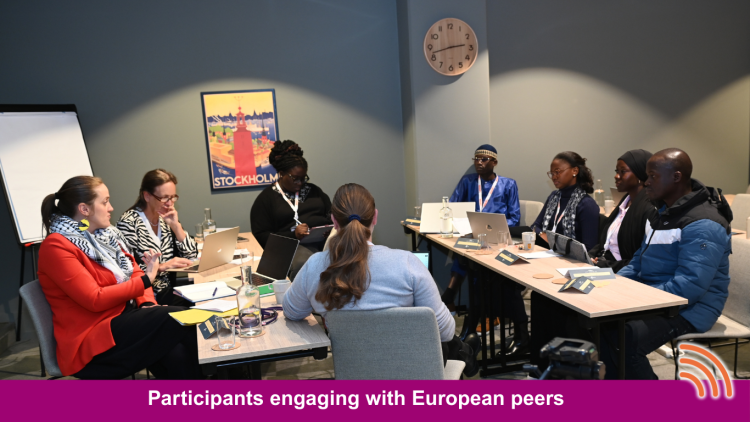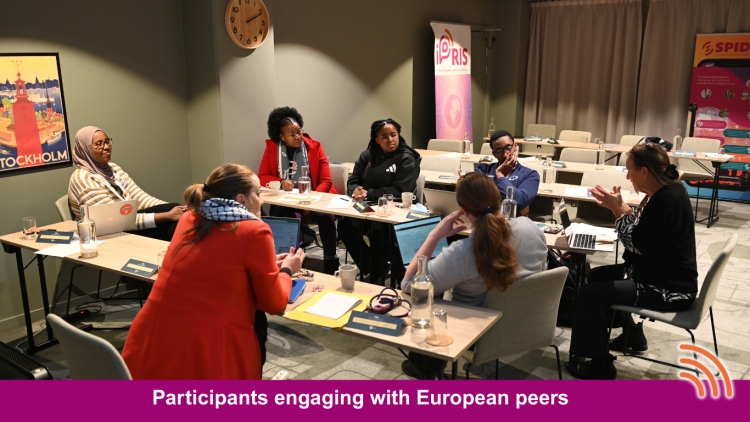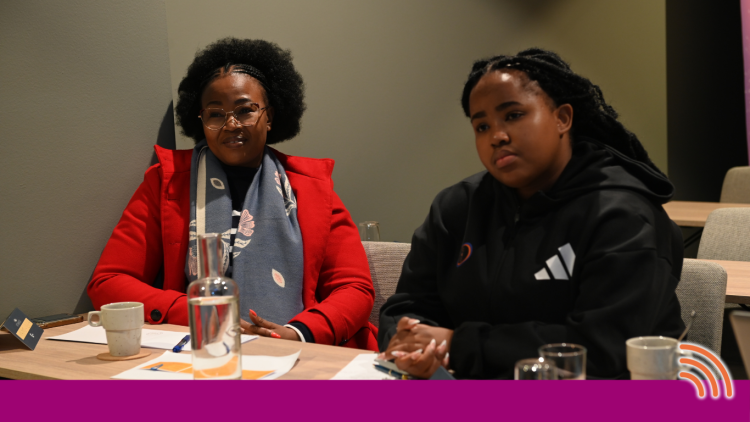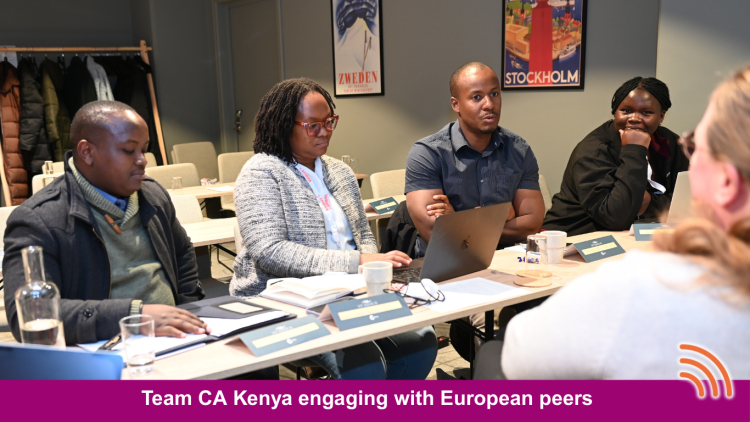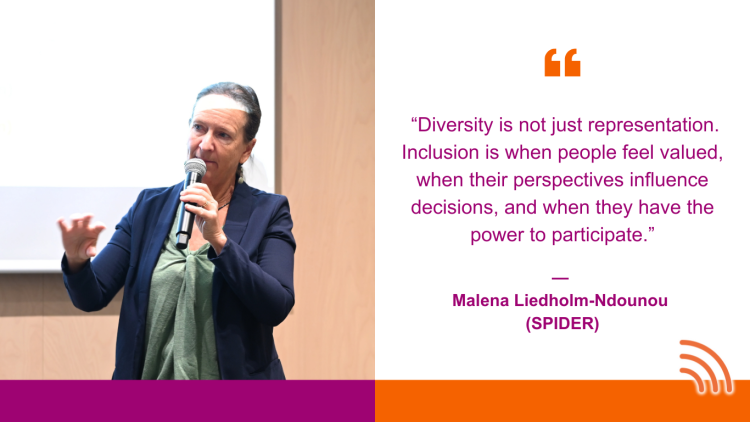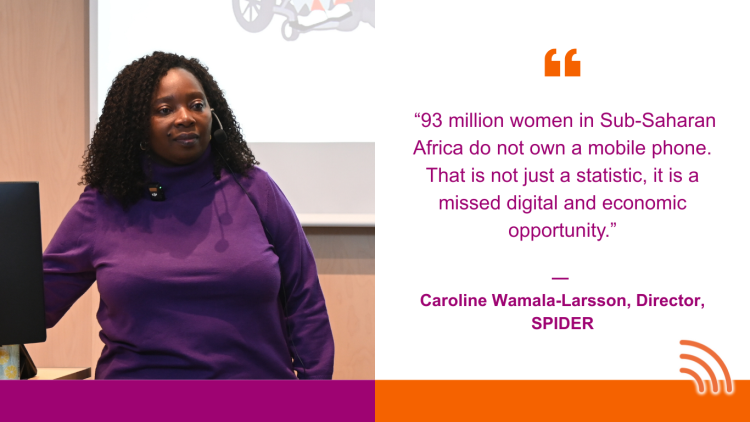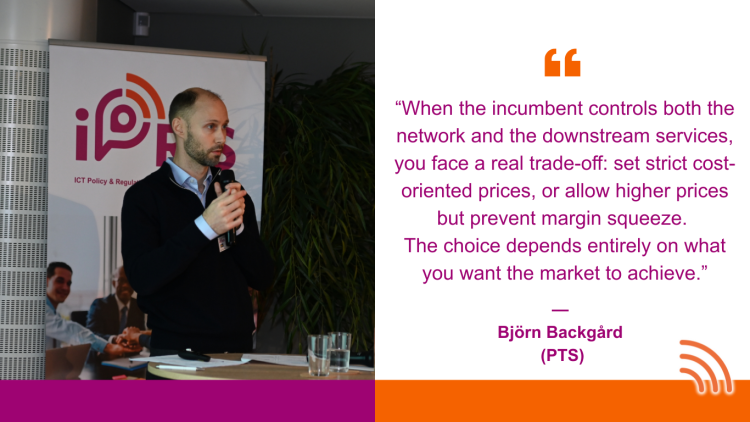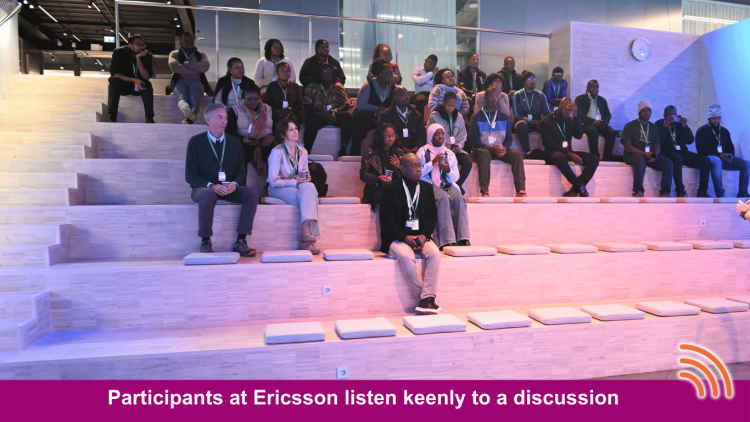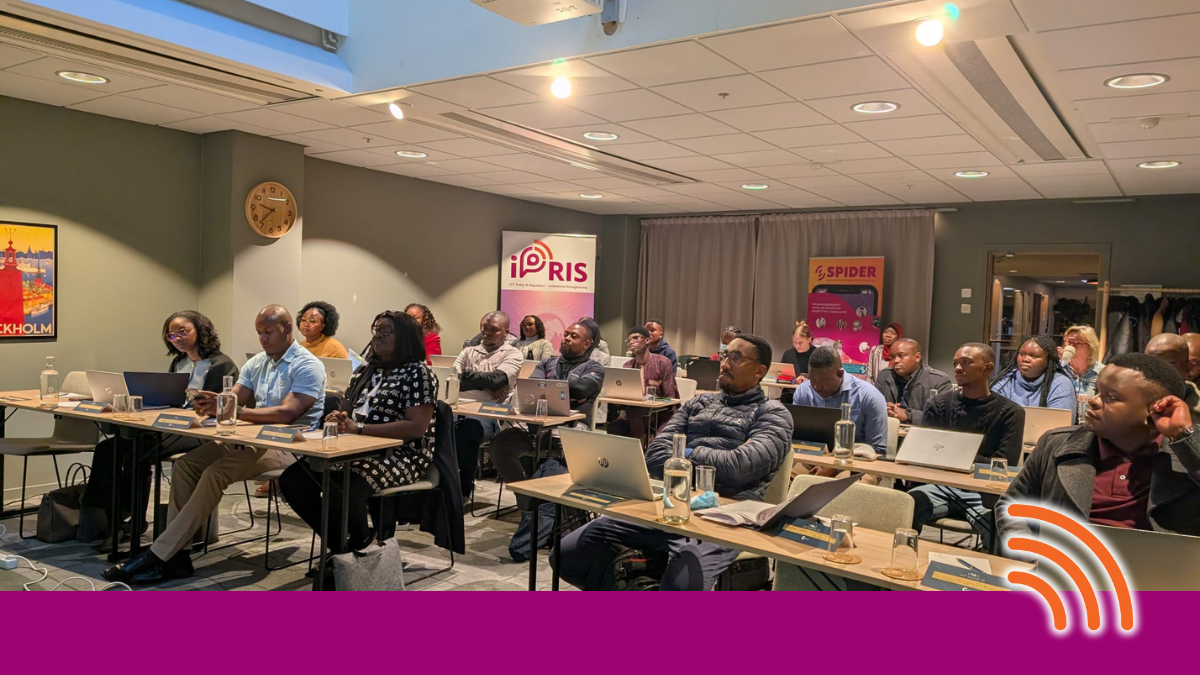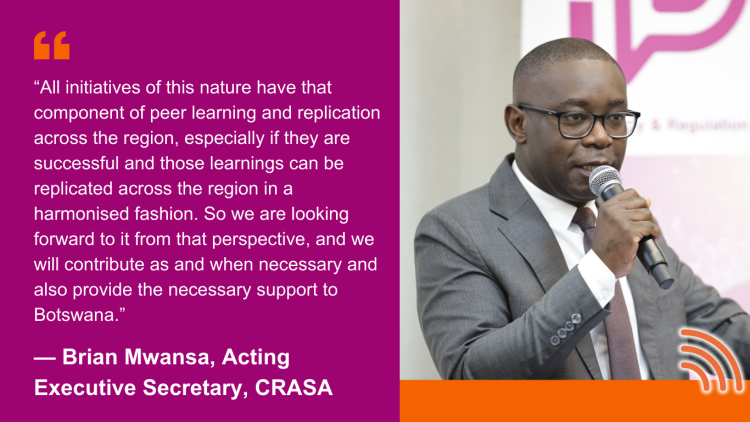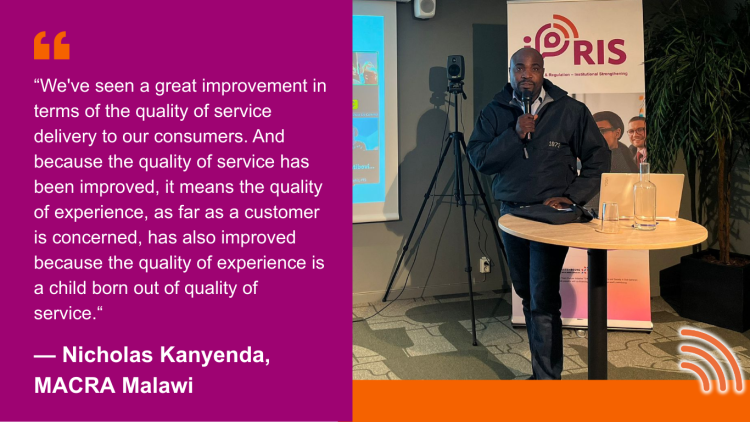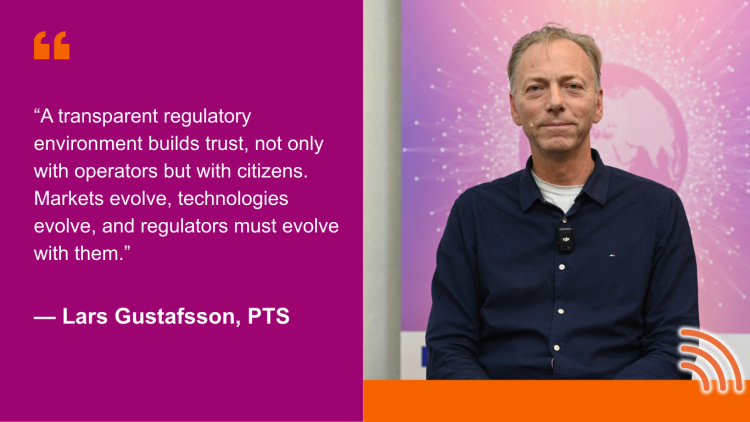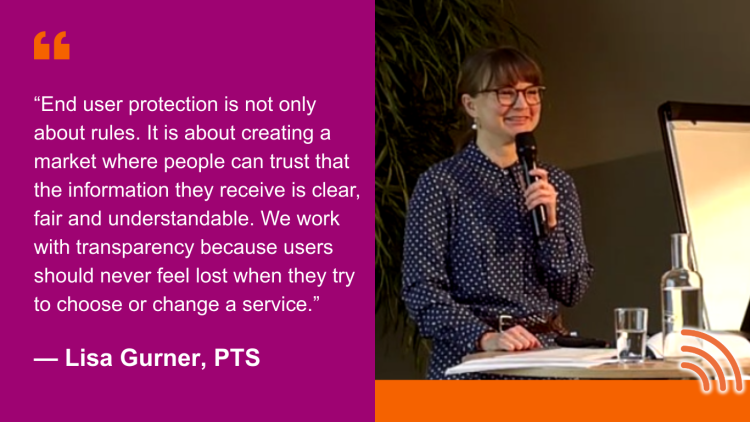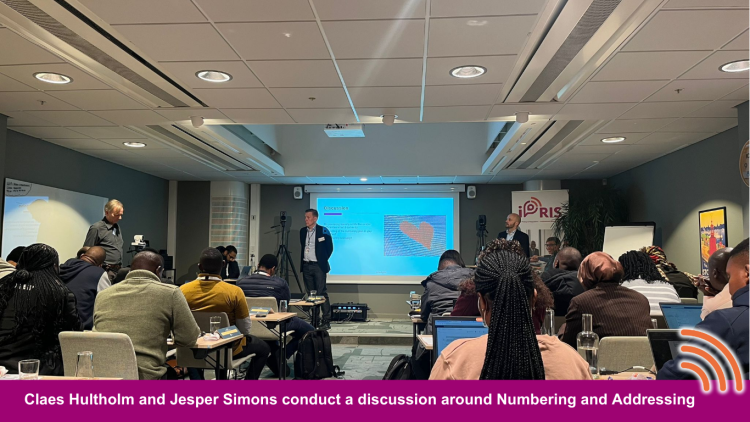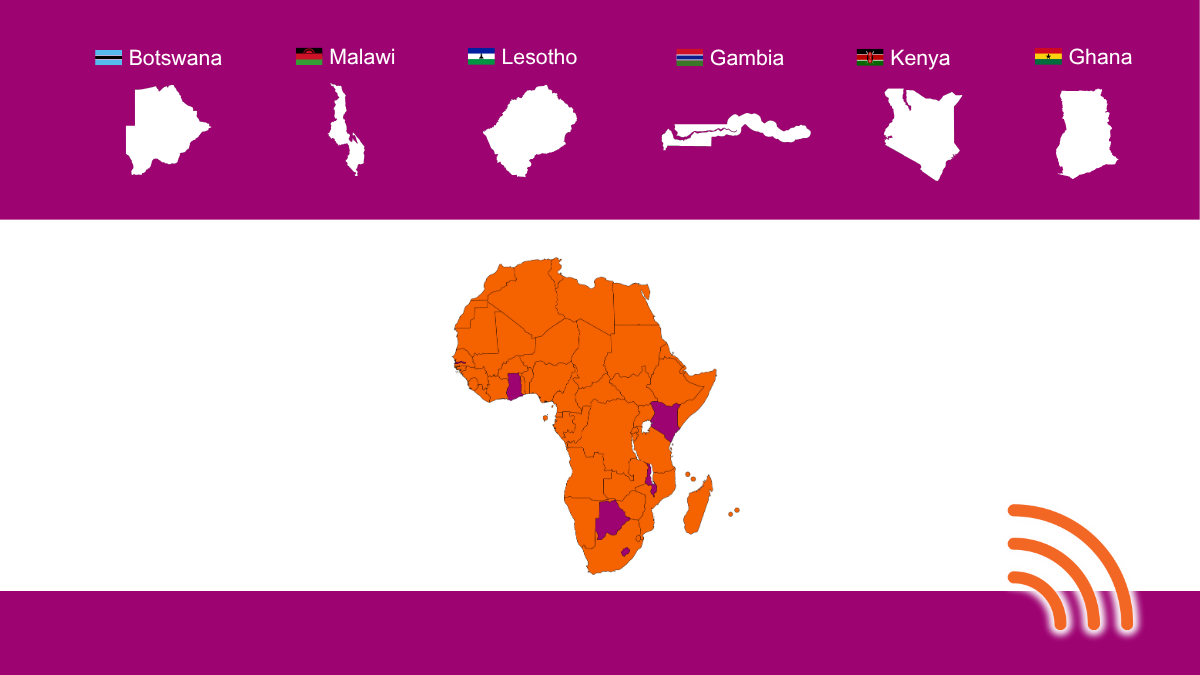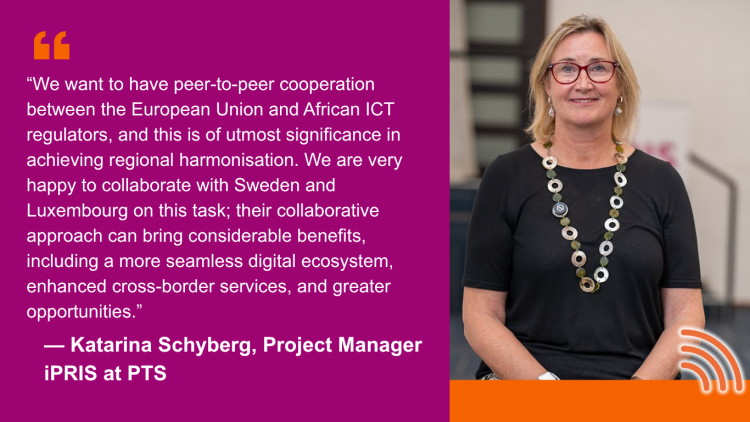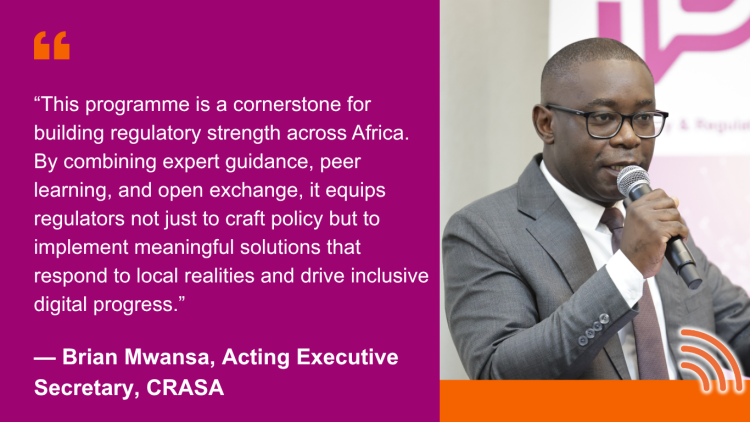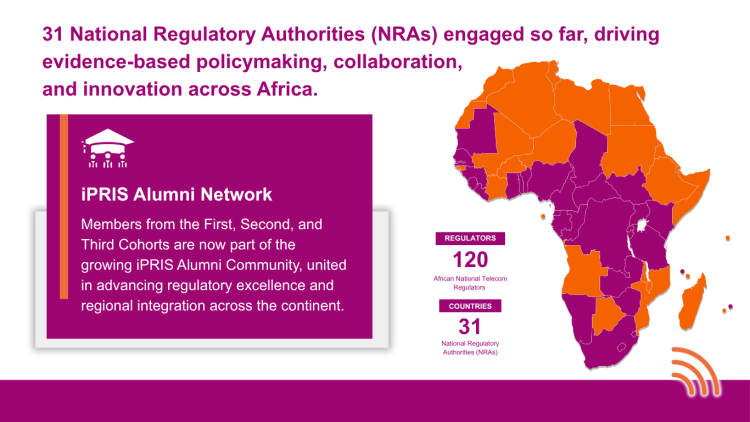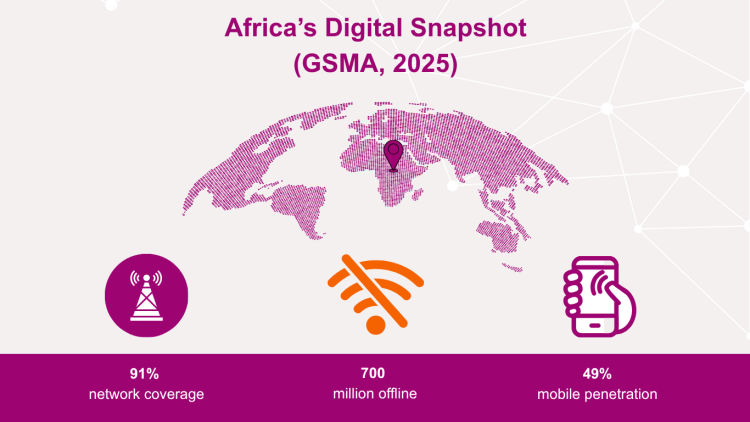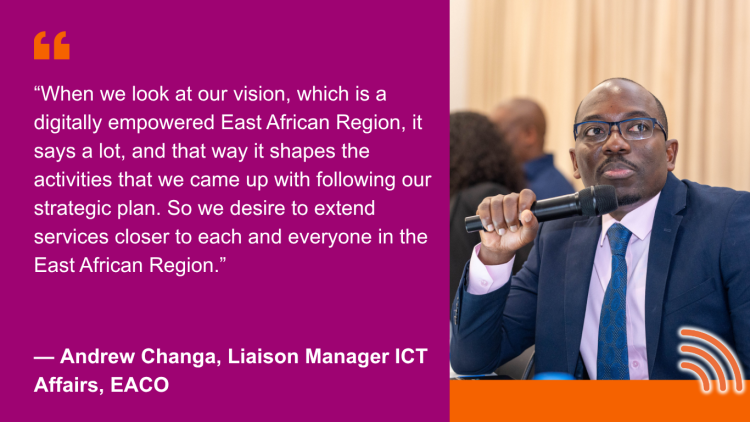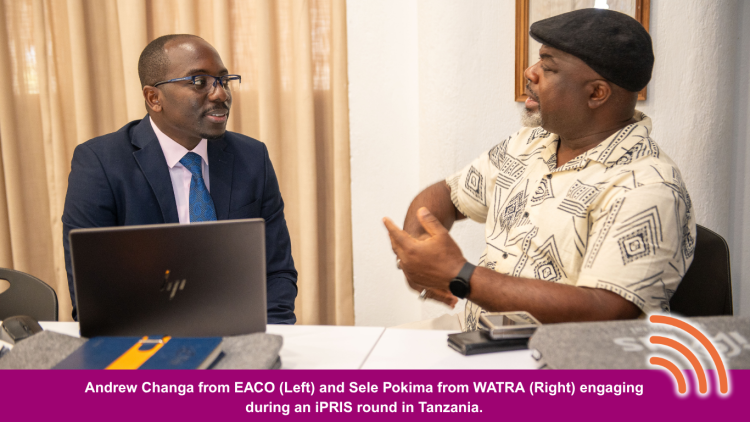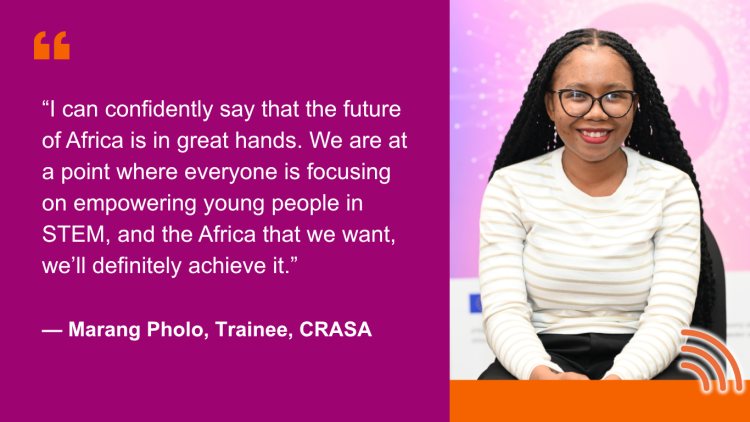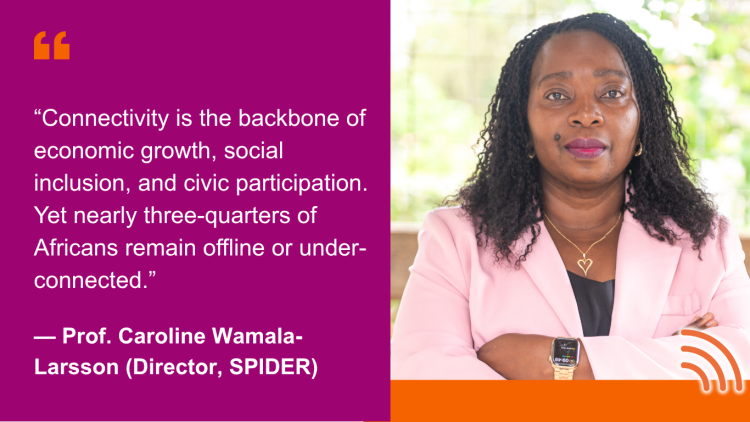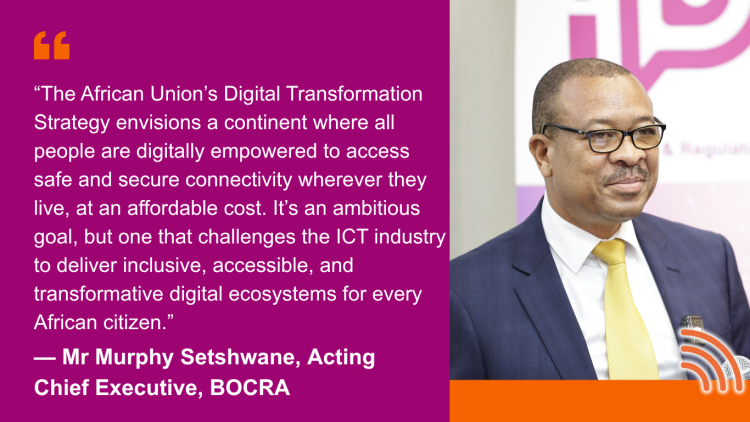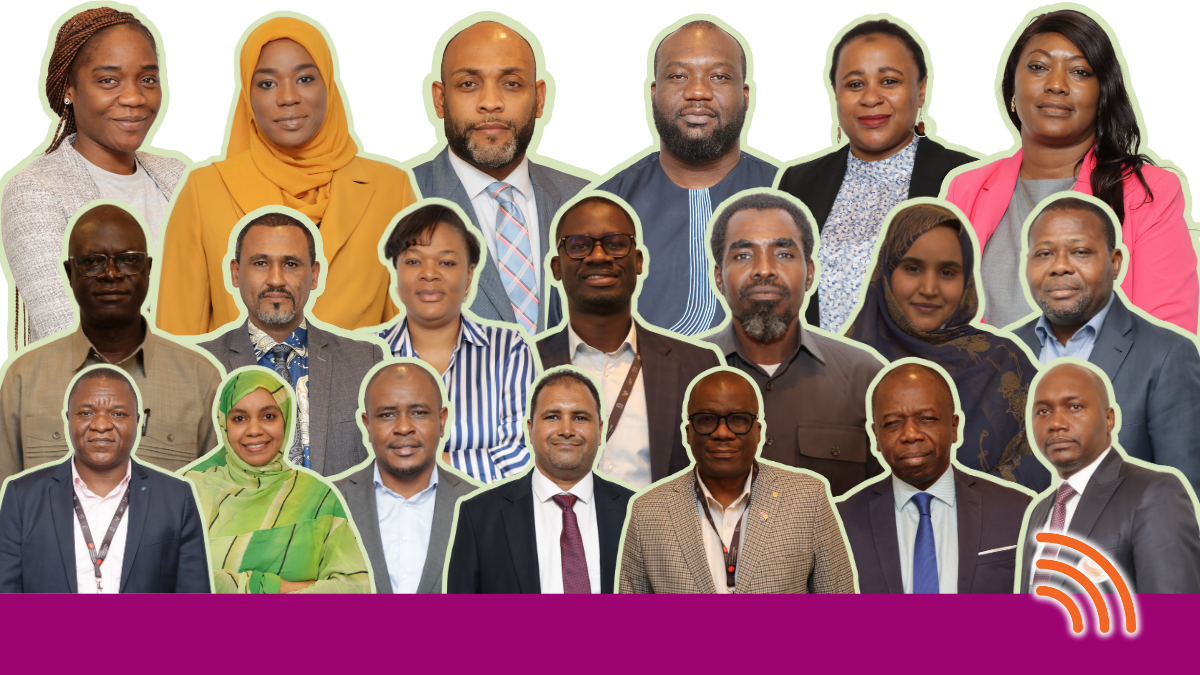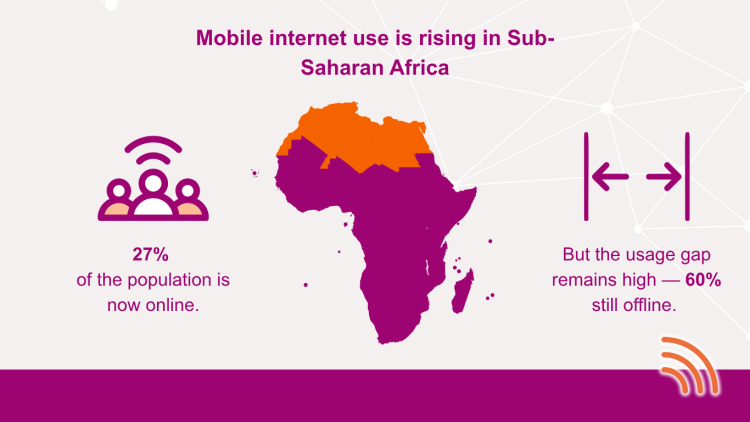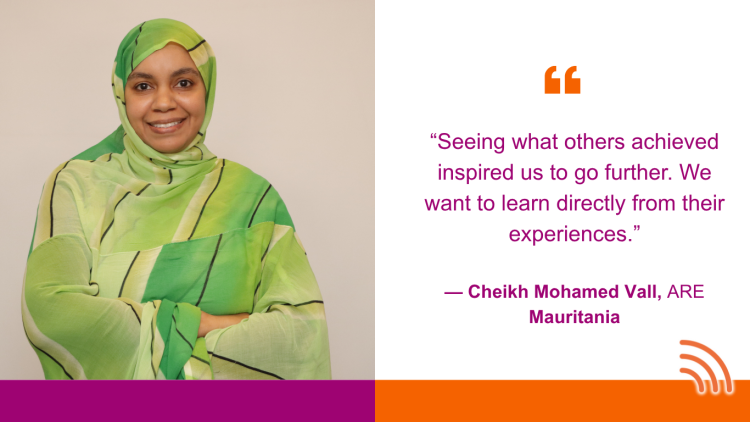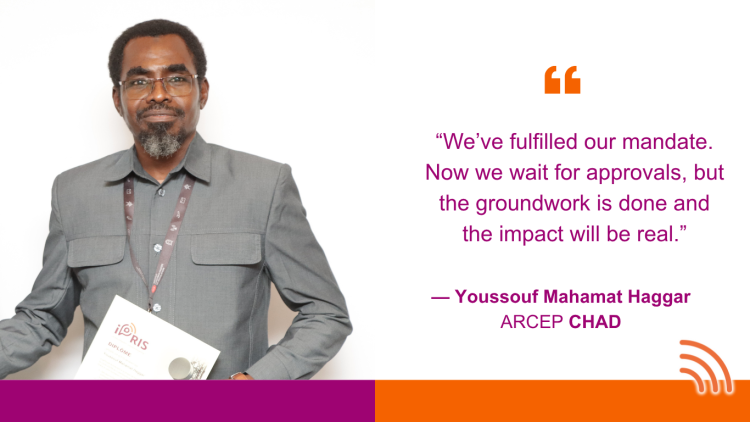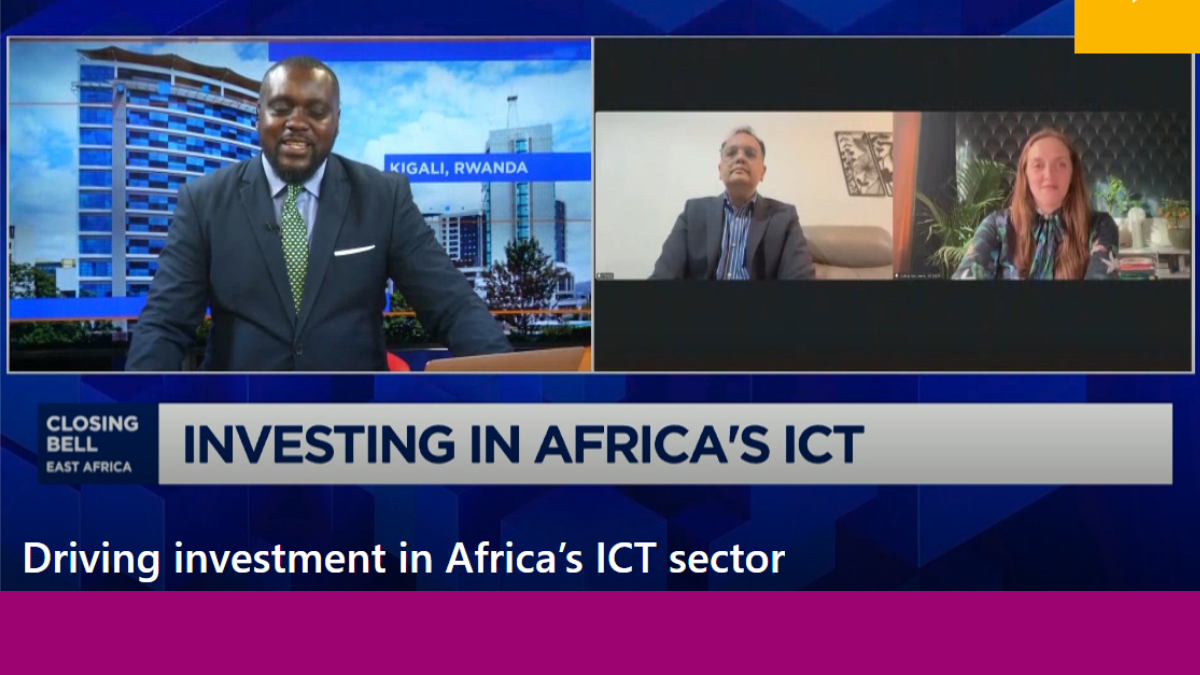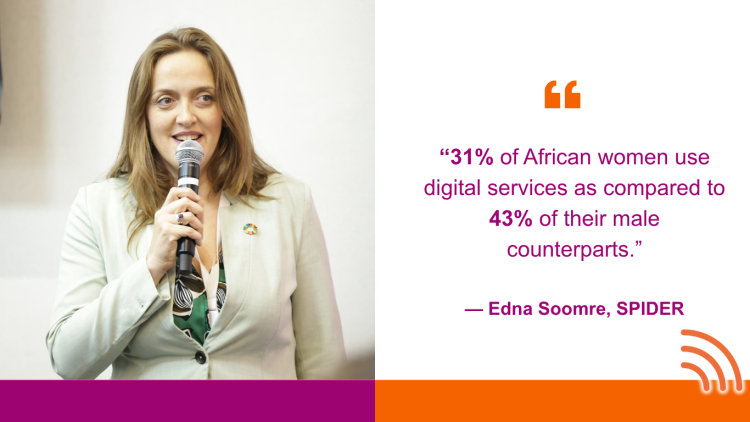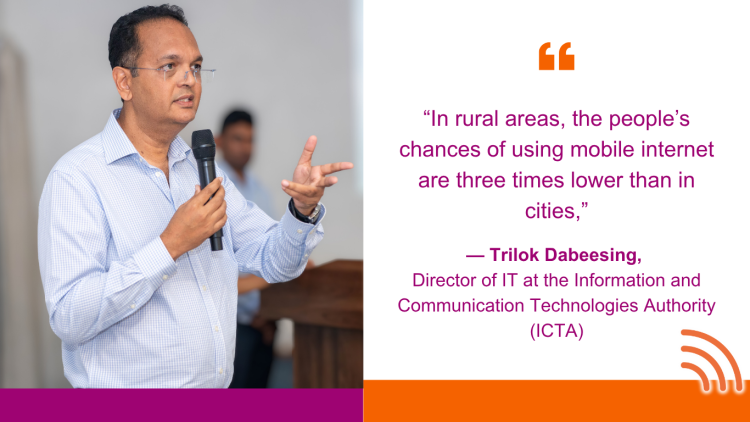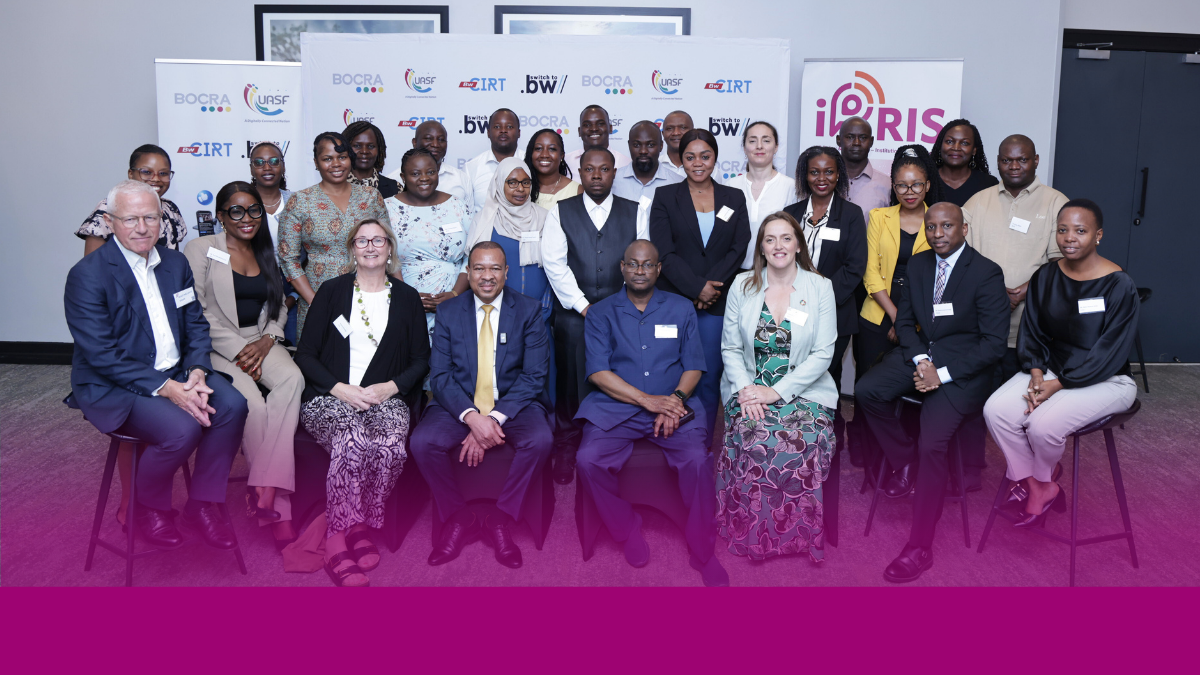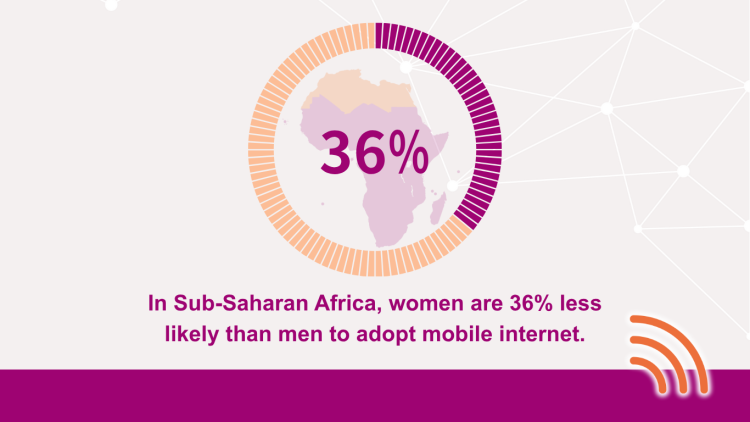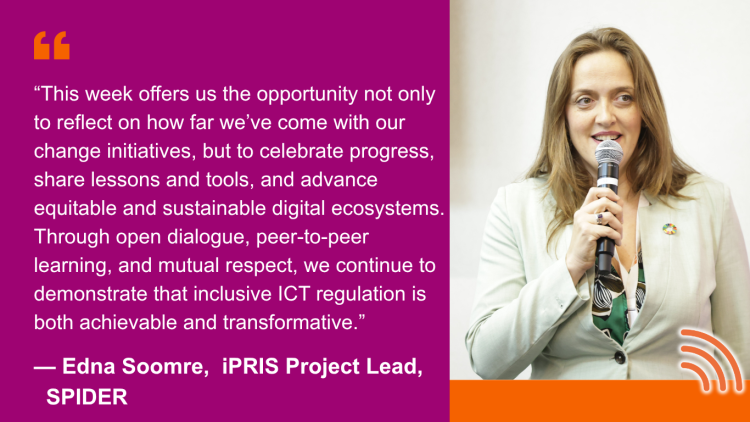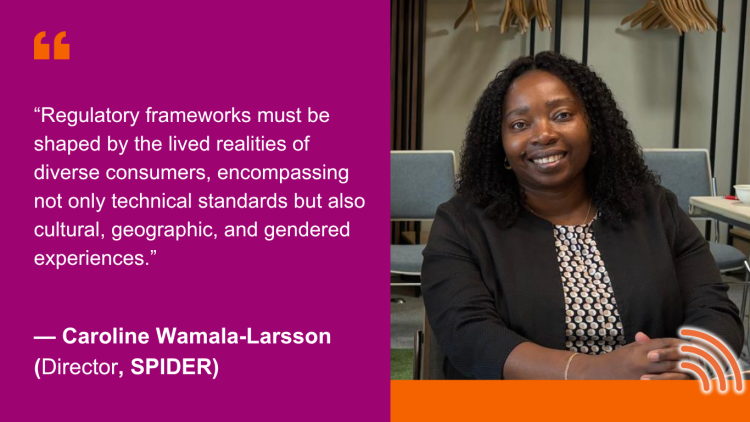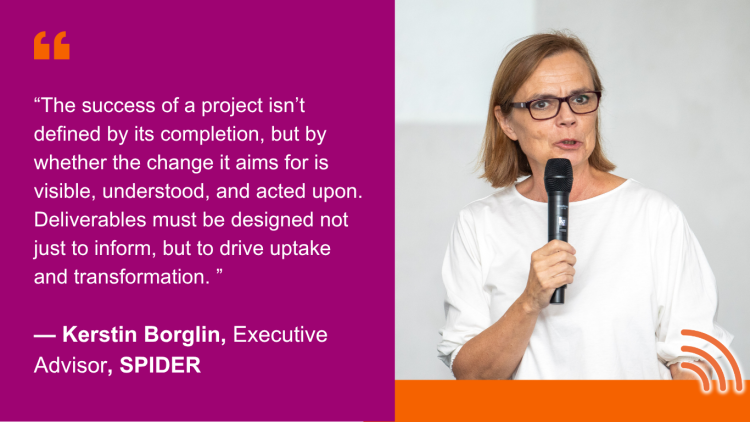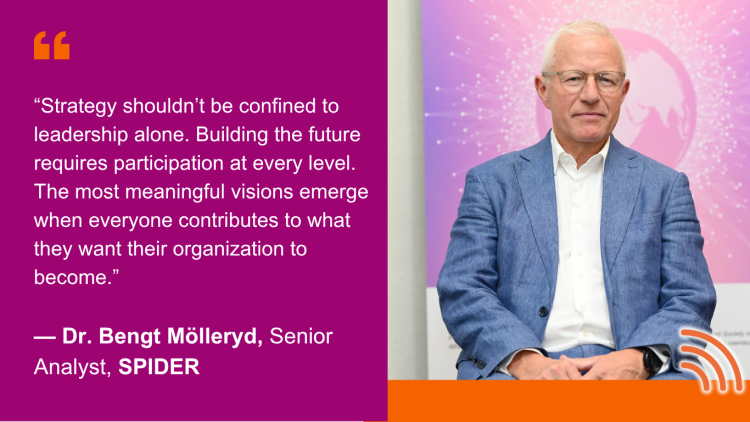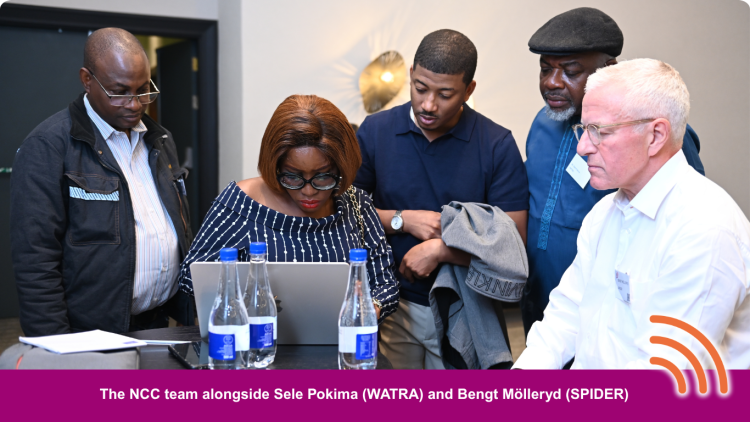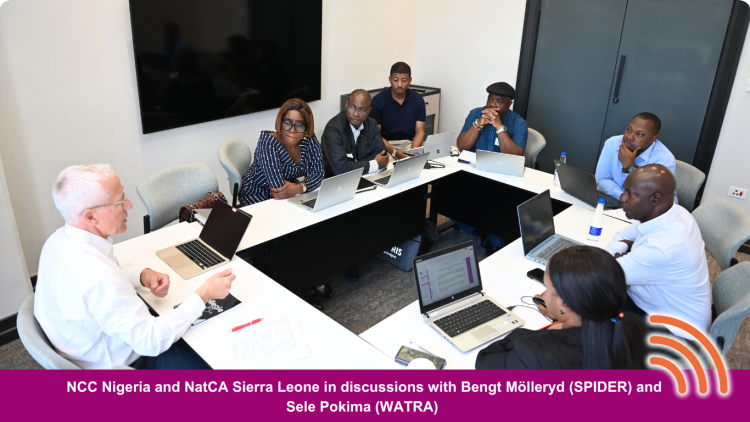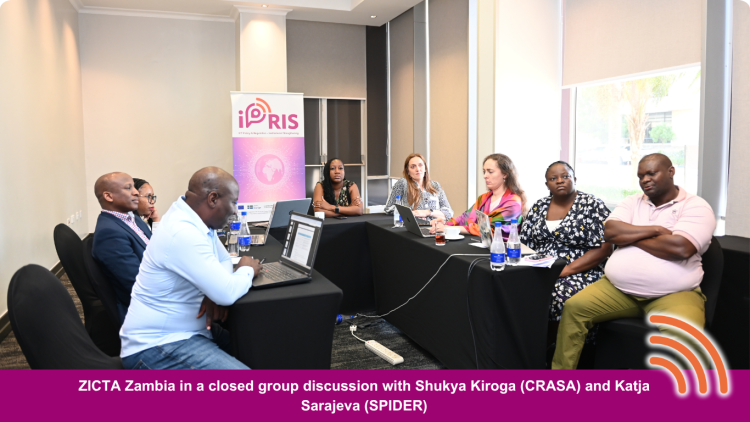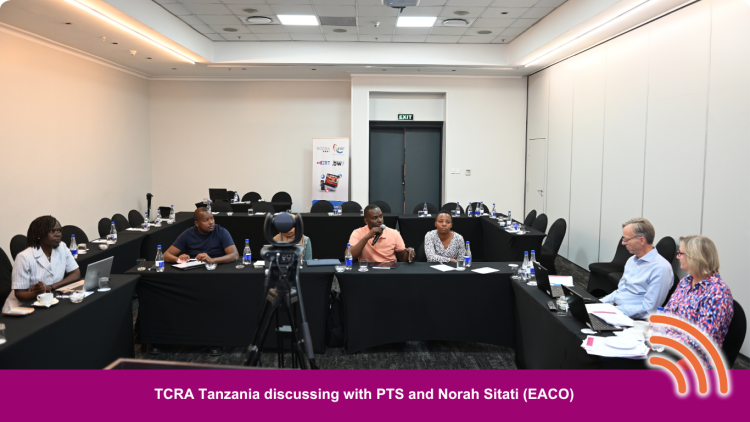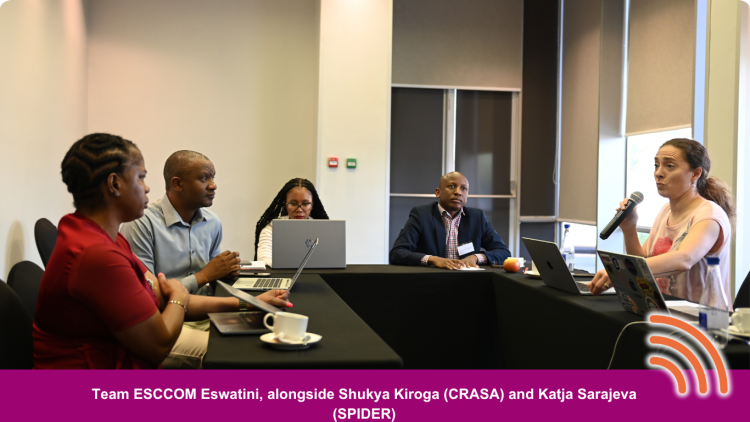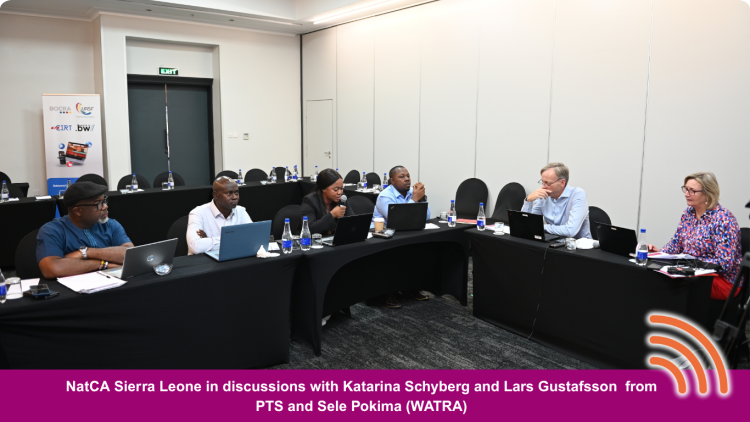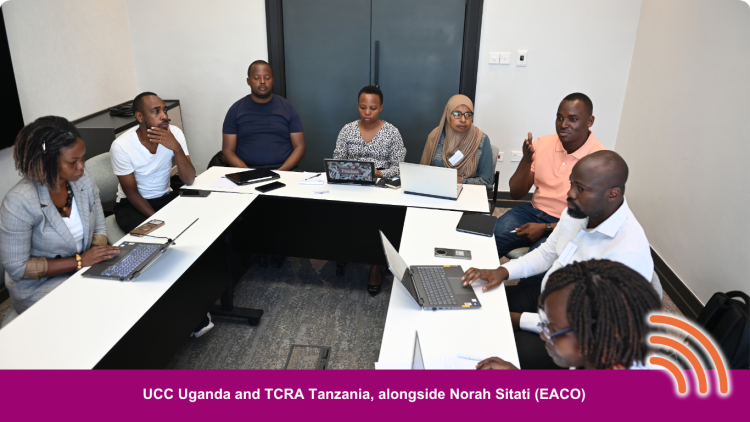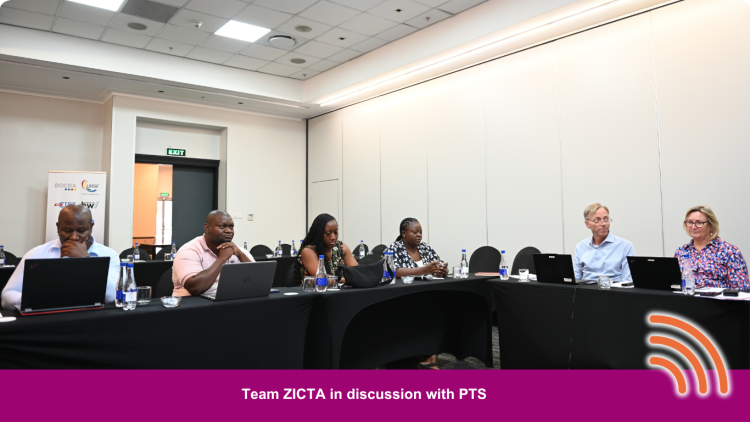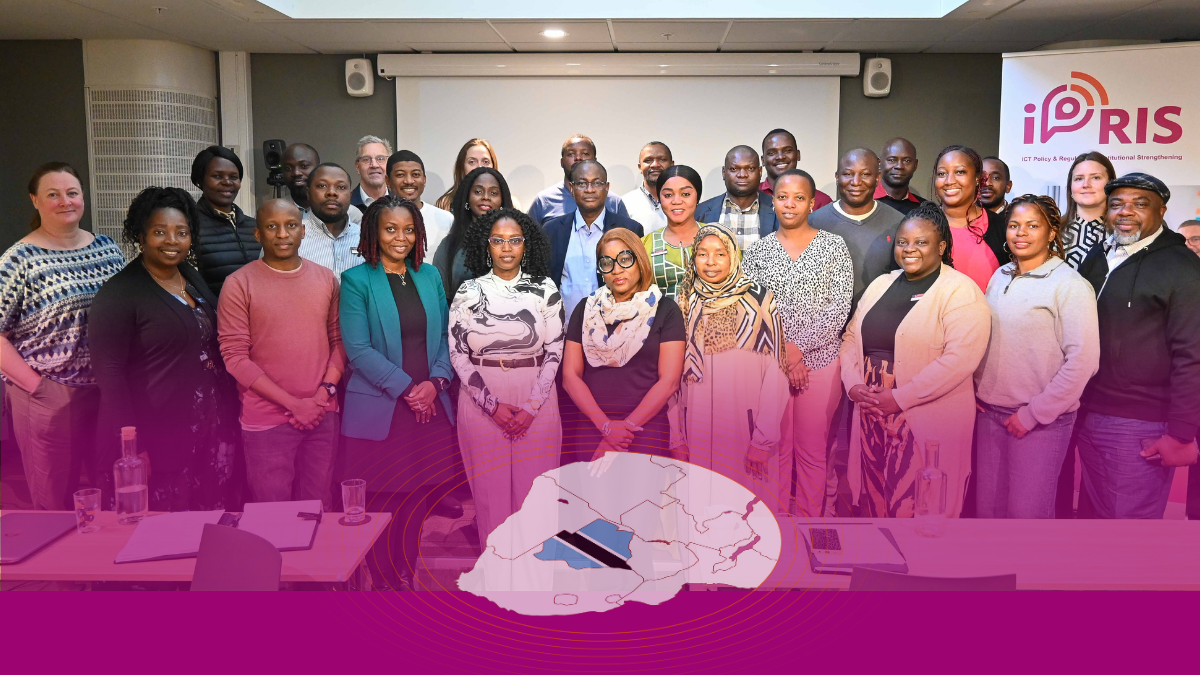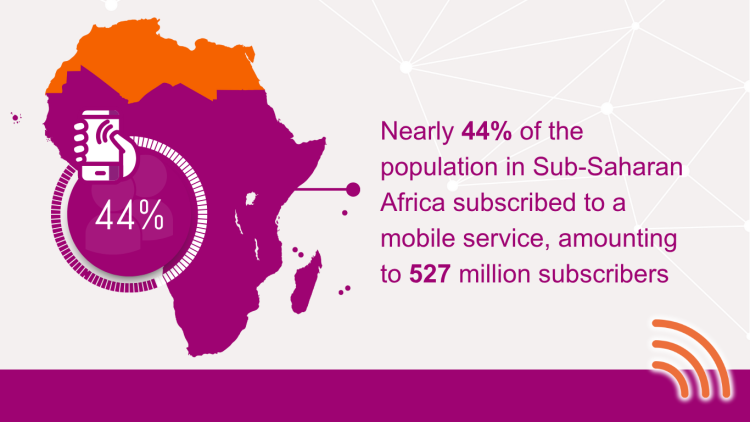Francophone telecom regulators accelerate digital transformation in Benin
9–12 February 2026 | Cotonou, Benin
From 9 to 12 February 2026, the Electronic Communications and Postal Regulatory Authority of Benin (ARCEP Benin) hosted the Africa session of the second iPRIS Francophone cohort in Cotonou. This cohort is the second French group and sixth group overall in the iPRIS project. Four days of intensive exchanges brought together telecom regulators (NRAs) from Benin, Burundi, Cameroon, Equatorial Guinea, Gabon and Guinea, alongside implementing partners SPIDER and ILR, regional telecom regulators — WATRA (West Africa Telecommunications Regulators Assembly), ARTAC (Assembly of Telecoms Regulators of Central Africa) and EACO (East African Communications Organisation) — as well as the Francophone network, ARCEP France.
The Benin round took place against a backdrop of persistent connectivity challenges and transformative potential across Africa’s telecom landscape, underscoring the importance of structured regulatory peer-to-peer engagement. Despite mobile broadband networks covering a large majority of the population, only about 22–40 % of Africans are using mobile internet, leaving a substantial usage gap even where coverage exists, and fixed broadband remains scarce compared with global averages (GSMA, 2025). Meanwhile, the mobile sector contributed around $220 billion to Africa’s GDP in 2024 (about 7.7 % of total output), with usage expected to increase further, highlighting connectivity’s economic value (GSMA, 2025). At the same time, advanced technologies such as 4G and 5G are expanding slowly, with 5G still a small share of total connections in Sub-Saharan Africa, reinforcing the need for forward-looking regulatory frameworks that can unlock investment, affordability, and digital inclusion. By bringing regulators together to test, refine and benchmark their Change Initiatives with peers and regional bodies, the Cotonou meeting directly addresses policy and implementation gaps that constrain meaningful connectivity and inclusive digital market development.
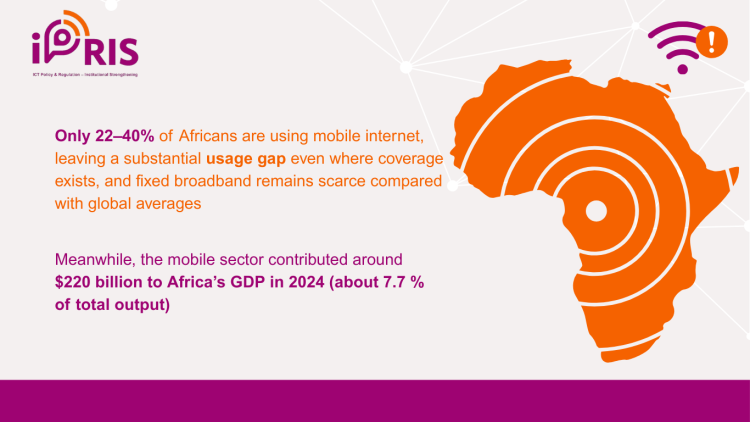
As part of iPRIS's structured peer-to-peer learning cycle, this session marked a turning point for the second Francophone cohort: the shift from learning to action. Following comprehensive training in Luxembourg in September 2025, these Francophone African telecom regulators reconvened in Benin to test their Change Initiatives (CIs) against on-the-ground realities, measure the progress achieved and consolidate the reforms underway.
Day 1: Concrete Progress and Reaffirmed Commitment
The session was officially opened with addresses by H.E. Stéphane Mund, Ambassador of the European Union to Benin, the representative of the Ambassador of Luxembourg to Benin, and Dr Hervé C. Guèdègbé, Executive Secretary of ARCEP Benin. This high-level institutional framework set the tone for the week's ambition from the outset: positioning African regulators as drivers of the continent's digital transformation.
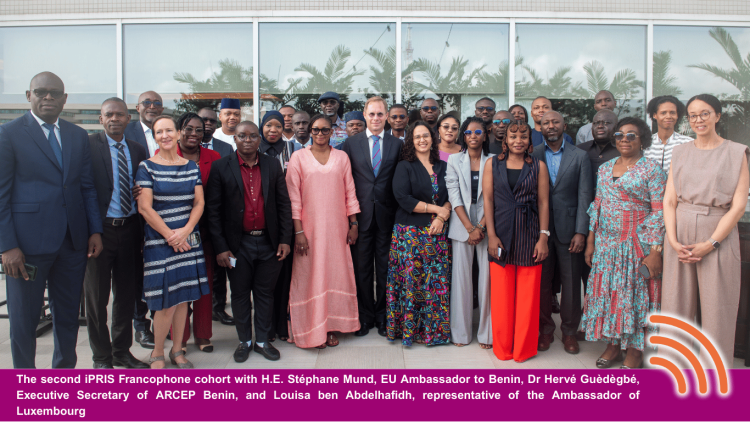
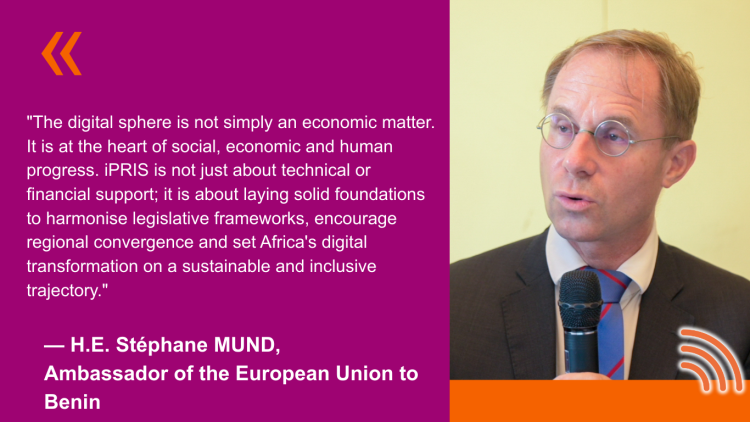
The morning of this first day was dedicated to presentations on the progress of the Change Initiatives led by each NRA. From competition regulation and spectrum management to 5G deployment, fibre optic infrastructure regulation and spectral interference detection, each regulator demonstrated measurable progress since the comprehensive training session in Europe. A highlight of the day was the spotlight on ARCEP Benin's achievements, including the announcement of the decision regulating tariffs in the electronic communications and digital sector, as well as the forthcoming framework for free WiFi zones. These measures illustrated the Beninese regulator's commitment to a more transparent, equitable and accessible market.
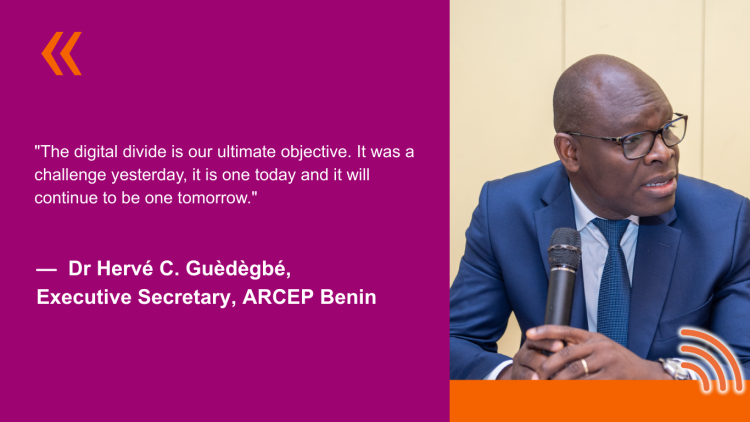
The day concluded with a visit to the ARCEP Benin technical centre in Hêvié, Calavi, where participants met with the executive secretariat of ARCEP to discuss the country's evolving approach to public internet access, including recent regulatory guidelines on WiFi zone operations. The regulatory framework underscores the importance of prior authorisation, quality of service, data protection and fair competition, commitments that illustrate how regulation can protect users while enabling affordable and equitable digital access.
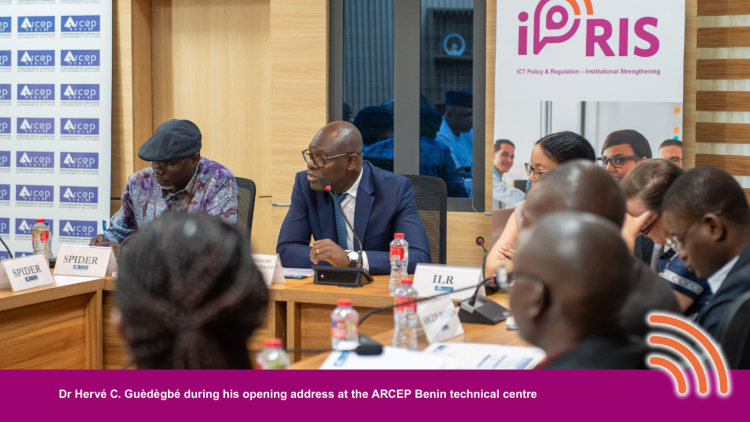
Day 2: Strategic Dialogue and Institutional Cooperation
The second day was entirely devoted to dedicated Change Initiative meetings. Each national regulator worked in dedicated sessions with experts from WATRA, ARTAC, SPIDER, ILR and EACO to refine implementation strategies, identify risks and strengthen action plans. This discussion group format reflects the iPRIS methodology: iterative, structured support grounded in accountability. The exchanges enabled in-depth exploration of the challenges specific to each national context — budget constraints, institutional approval timelines, inter-agency coordination and access — while identifying cross-cutting solutions, good practices and shared visions among peers.
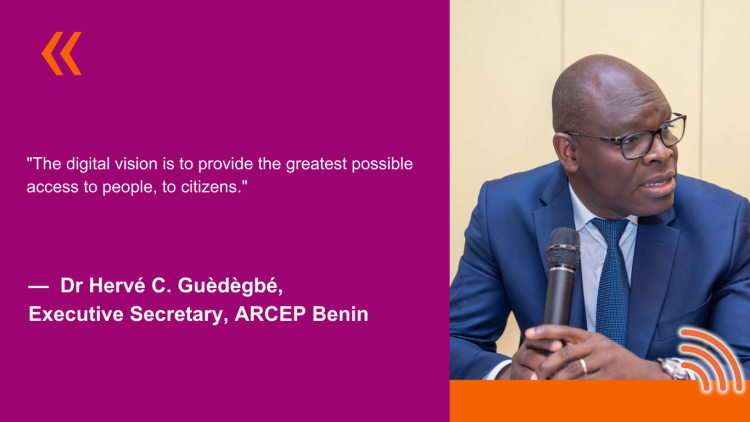
The day continued into the evening at the Embassy of Luxembourg in Benin, where participants were received at a special invitation. This institutional moment reaffirmed the support of European and African experts for strengthening the capacities of NRAs and promoting inclusive digital ecosystems.
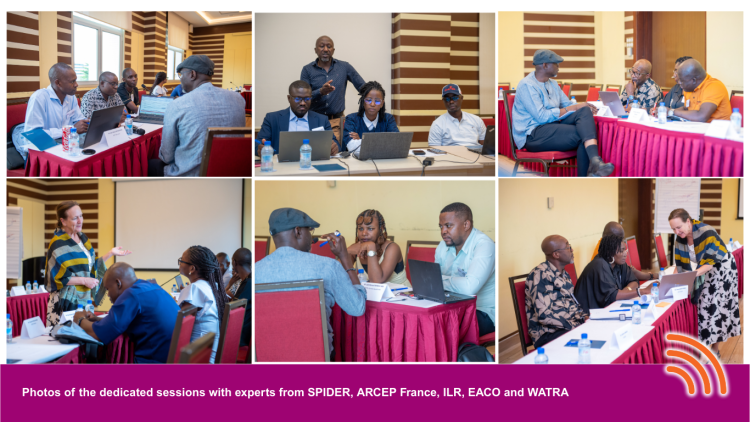
Day 3: Innovation, Financial Inclusion and Institutional Leadership
The third day offered African regulators an immersion in Benin's financial and digital innovation ecosystem, combined with capacity-building sessions on project management and institutional diversity.
Immersion in Beninese Fintech
The morning took place at the Embassy of Luxembourg, with presentations by two startups awarded through the LuxAid Challenge Fund: Global Optim Benin (GOBIWORLD), whose integrated mobile application digitalises and optimises the activities of Mobile Money agents to strengthen financial inclusion, and Media Soft Bénin, which facilitates the digitalisation of microfinance institution services for broader access to financial services, particularly for vulnerable populations.
Ms Livia Sossou, Senior Technical Adviser for the BeDigital programme, and Mr Gilles Da Costa, Senior Technical Adviser for the Inclusive and Innovative Finance programme, presented Benin's progress in financial inclusion. The financial inclusion rate, estimated at 87% in 2025, has now reached 90% within the WAEMU zone, driven by the adoption of the new banking law in 2024, which extends the scope of application to payment institutions, electronic money institutions and FinTechs.
The visit to the MTN Innovation Lab completed this immersion with a presentation of Cashless, a SaaS platform dedicated to managing employee benefits and professional expenses. These initiatives illustrate the dynamism of Benin's digital ecosystem and the synergies between regulation and innovation.
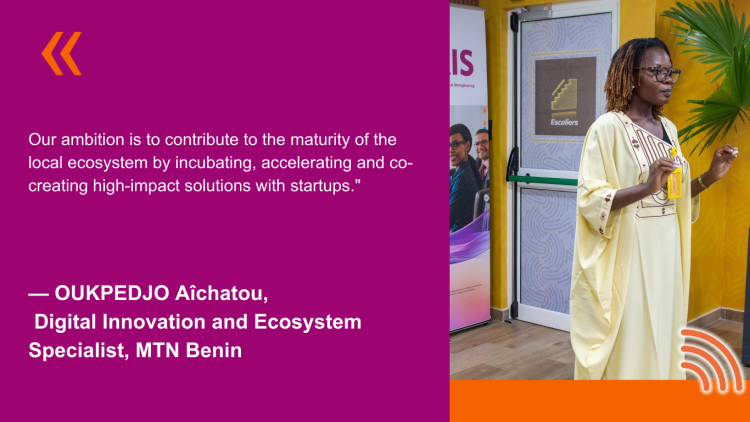
Diversity, Equity and Inclusion
The afternoon opened with a session led by Cheikh Sadibou Sakho (SPIDER / Gaston Berger University) on diversity, equity and inclusion (DEI) in regulatory environments. The session emphasised that inclusion is not limited to infrastructure but also depends on social roles and gender, reinforcing the idea that public legitimacy and trust rest on inclusive leadership.
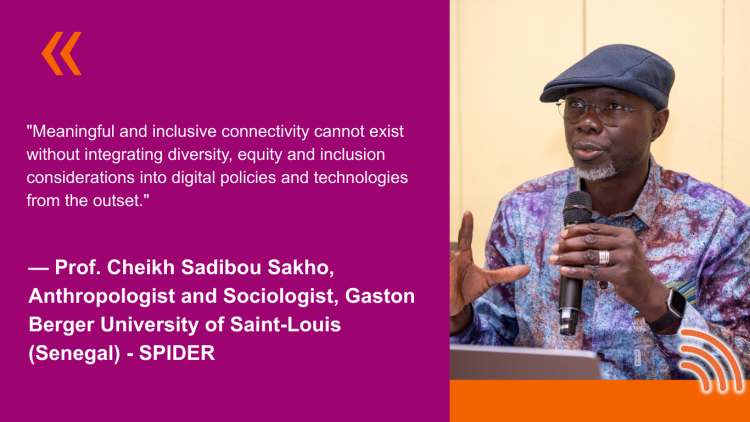
Read more about Prof. Sadibou’s insights on digital inclusion here
Project Management and MEAL
Malena Liedholm-Ndounou (SPIDER) led a session on project management and Monitoring, Evaluation, Accountability and Learning (MEAL), equipping regulators with practical tools to plan, monitor and evaluate the impact of their Change Initiatives. The session highlighted that the sustainability of reforms depends as much on project discipline as on technical expertise.
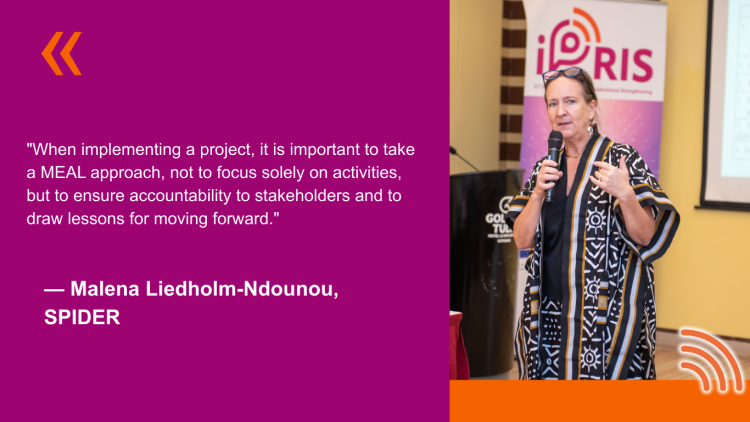
The session on tariff regulation, led by Antoine Samba (ARCEP France/FRATEL) and Tantely Jeans (ILR), also enabled participants to explore European regulatory frameworks on pricing and consumer protection in greater depth, a topic at the heart of several Change Initiatives in this second Francophone cohort.
Day 4: Consolidation and Forward Planning
The fourth and final day focused on consolidating the Change Initiatives and defining the way forward. Each NRA in the cohort presented their roadmap for the coming months, specifying key milestones, expected deliverables and monitoring mechanisms. The presentations demonstrated how far the CIs had progressed, moving from strategic design in Luxembourg last September to detailed action plans anchored in each country's institutional realities.
The session closed on a convivial note with a cultural excursion to Ouidah, a historic city in Benin. This shared moment strengthened bonds among participants, illustrating the spirit of collaboration and solidarity that characterises the iPRIS project.
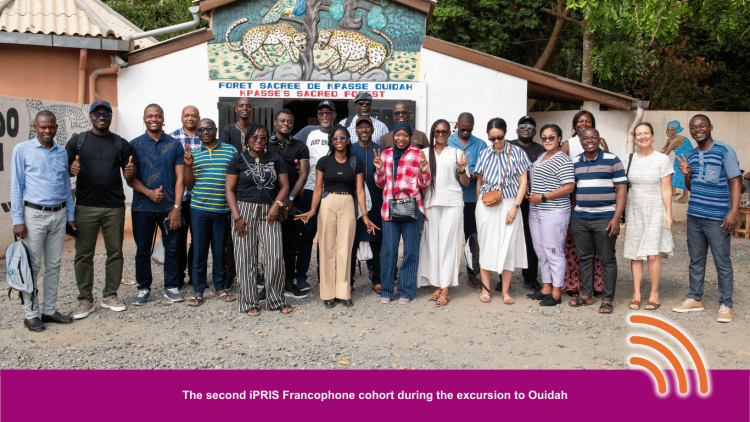
Strengthening Regulatory Leadership Across Africa
The follow-up session of the second Francophone cohort in Cotonou confirms the core mission of iPRIS: to support telecom regulators in implementing structural reforms, foster peer-to-peer learning and contribute to building more inclusive, innovative and sustainable digital environments across Africa. In four days, the second Francophone cohort demonstrated that structured peer-to-peer exchange accelerates the regulatory capacity of African institutions, from progress presentations to CI clinics, from fintech immersion to reflection on inclusive leadership.
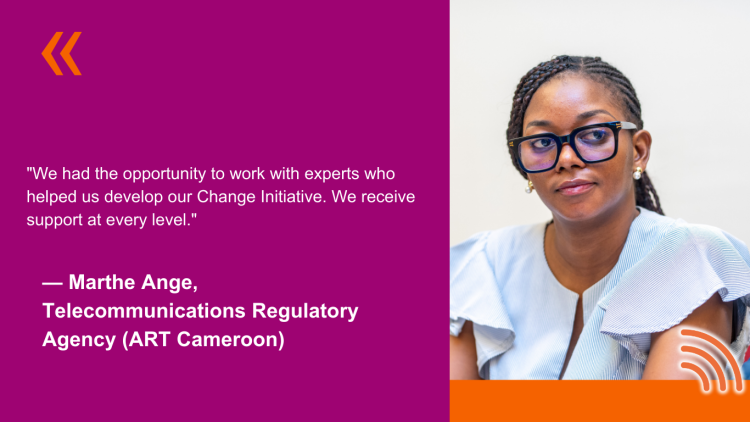
Since its launch in 2023, iPRIS has mobilised more than 200 telecom experts across 33 countries, reflecting a growing continental network of regulators who draw on shared expertise and coordinated regulatory action to shape resilient, forward-looking digital markets. The Cotonou session is not the end of the journey, but a milestone in iPRIS's ongoing commitment to African regulators — a commitment that transforms learning into reform and reform into lasting impact.
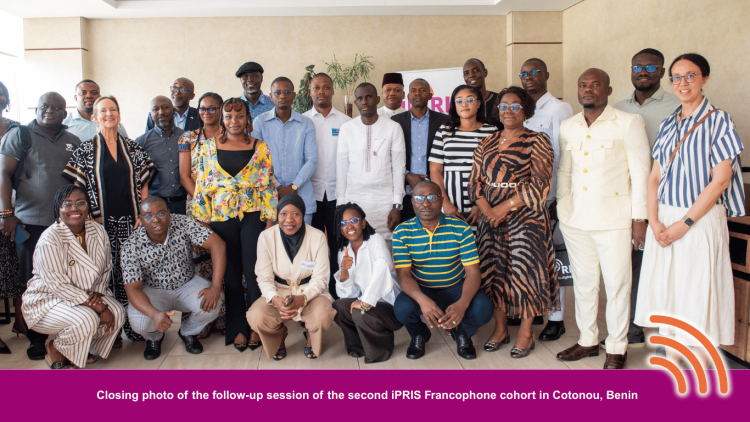
iPRIS is coordinated and implemented by SPIDER in strategic and technical partnership with the Swedish Post and Telecom Authority (PTS) and Institut luxembourgeois de régulation (ILR), as well as ARTAC, CRASA, EACO, and WATRA.
iPRIS is funded by the European Union, Sweden, and Luxembourg as part of the Team Europe Initiative “D4D for Digital Economy and Society in Sub-Saharan Africa” (Code: 001).
